Yes, in the world of padel, it is possible to remunerate a partner for a tournament, or even for an entire season!
It is true that paying your partners is a relatively common practice in the world of padel, even if most players do not dare to talk about it openly.
However, this practice extends to all levels, from amateurs to professionals. Yes, you read correctly: among professionals, this practice is known and widespread.
Why pay a partner?
The reasons that push players to opt for this solution are multiple: to have fun, to gain points in the ranking, to increase their visibility, to win tournaments, to gain confidence, to learn alongside the best, and sometimes all of this at the same time. Whether on the French or international circuit, examples abound.
One of the first players to openly discuss this practice is the current President of 100%Padel, Jérémy Scatena, who was ranked 67th player in the world in 2022. The former historic member of the France team did not mince his words when explaining the reasons why certain players choose this solution: “To be clear, when one performs less well, regardless of the high-level partner, the result is the same because opponents naturally target the weaker player. However, playing alongside a top player can help not only improve later, but also gain time and therefore money to move up the ranks on the international circuit. I have used this type of help during my career, notably with Willy Lahoz, one of the legends of our sport.”
Pay in what way?
Payments are made in several ways. The most common among professionals consists of paying a percentage of any prize money won to the strongest player. In other words, all or part of the money won in tournaments goes to the top player. To ensure that the requested player does not have to pay a cent out of pocket, whoever pays the partner covers all tournament-related costs, such as accommodation, transportation and food.
Another method of payment consists simply of remunerating the services of the partner for its participation in one or more tournaments. The amounts vary considerably depending on the performance of the pair, the level gap between the two players, as well as the quality and prestige of the chosen partner. Also in this case, the costs related to the event are usually covered.
Franck Binisti discovers the padel at the Club des Pyramides in 2009 in the Paris region. Since padel is part of his life. You often see him touring France going to cover the major events of padel French.

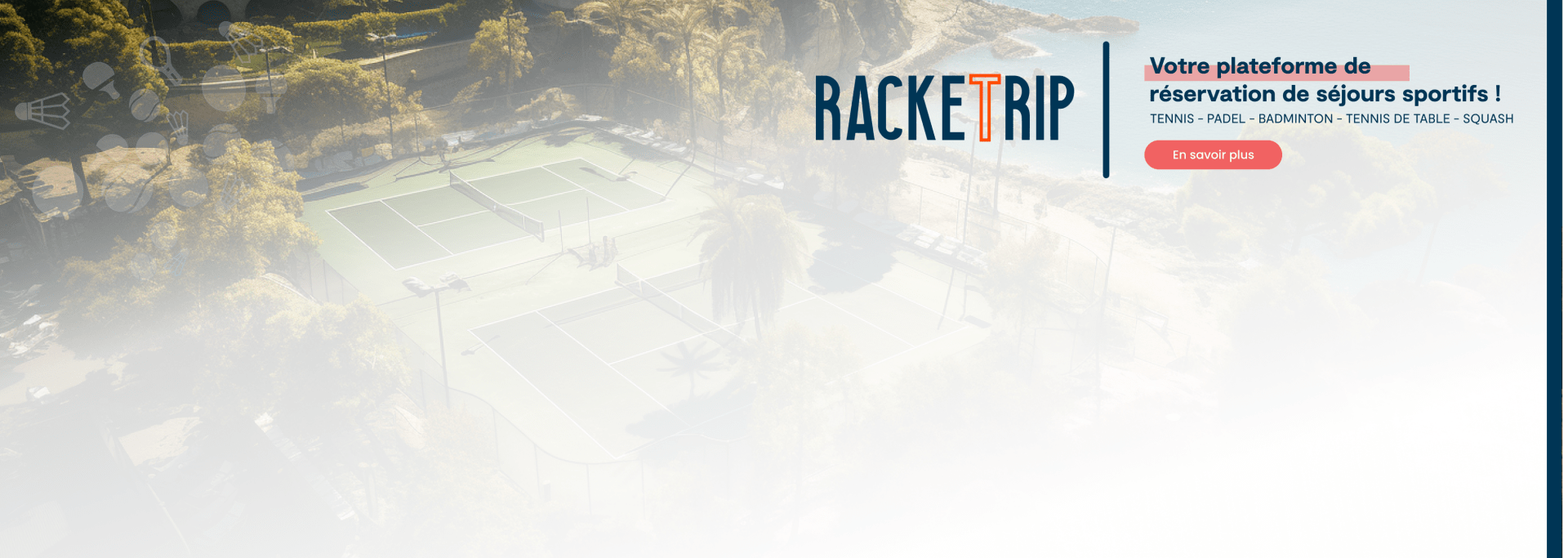


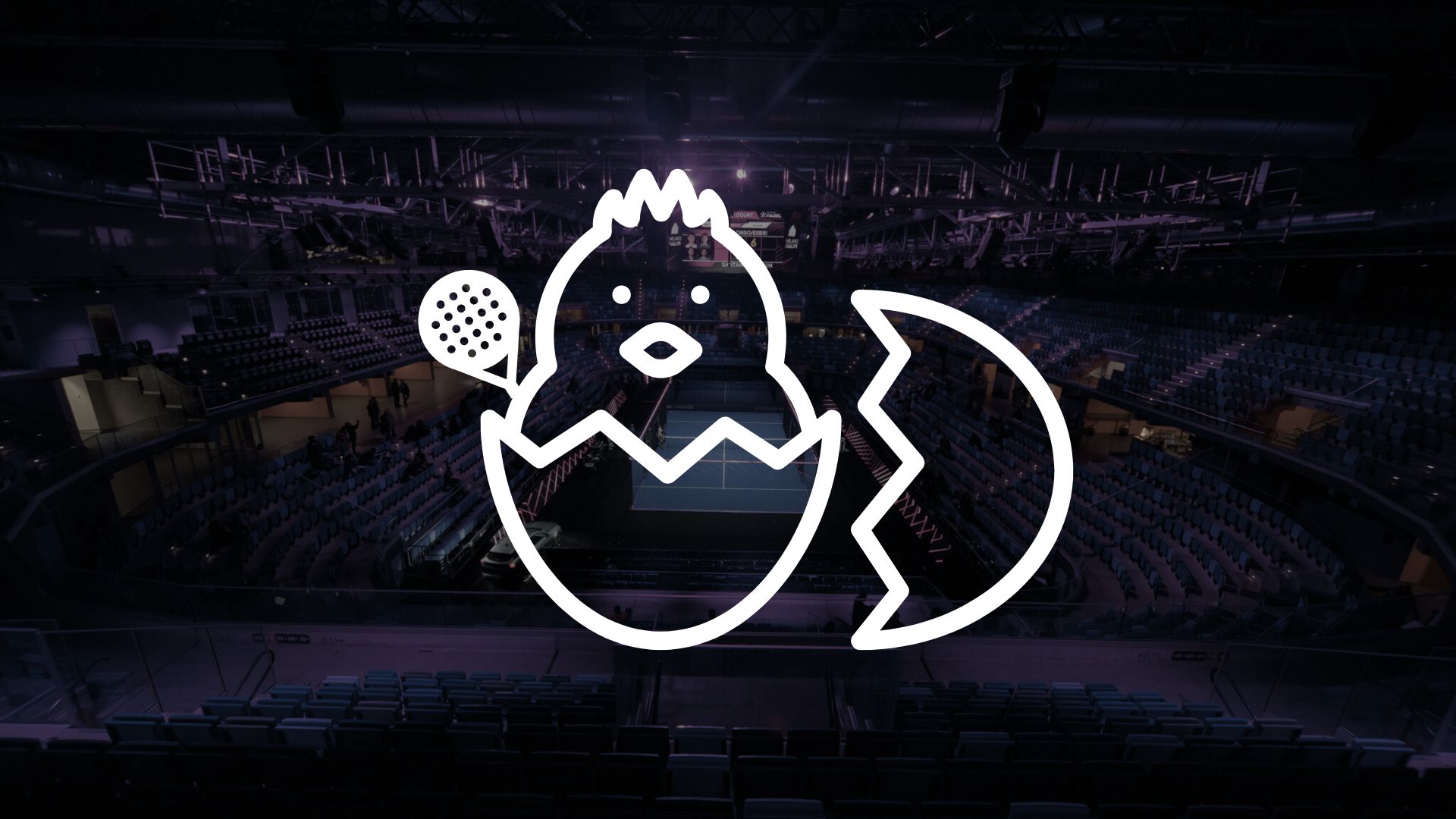

























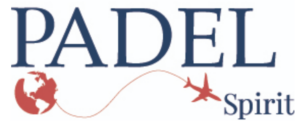







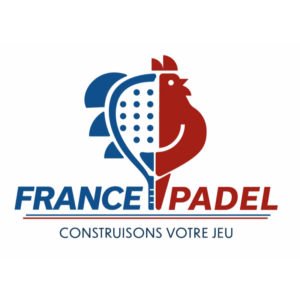





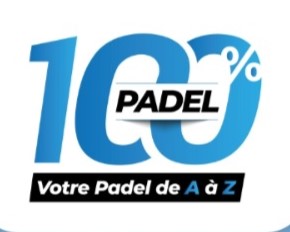




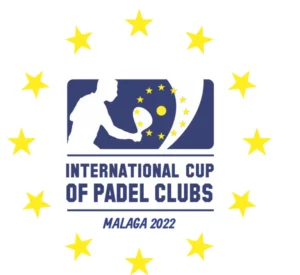




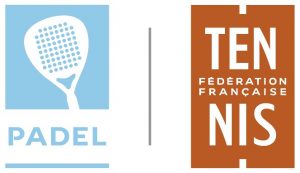



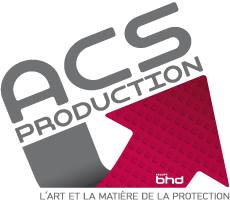




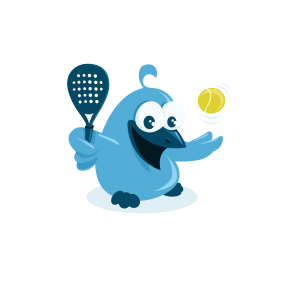




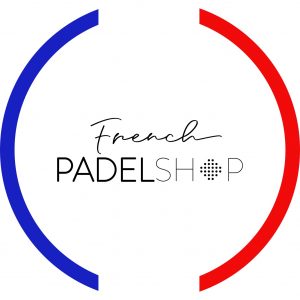
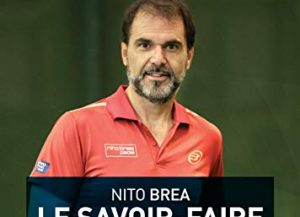
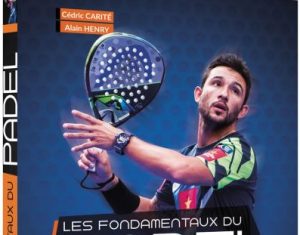


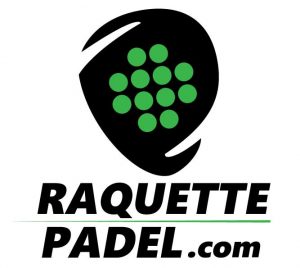
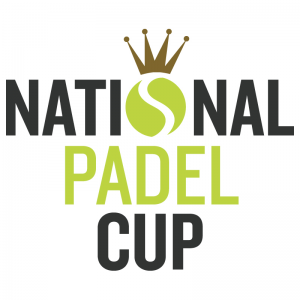






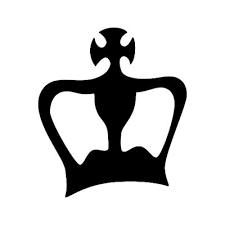
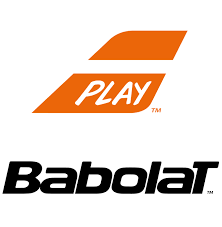

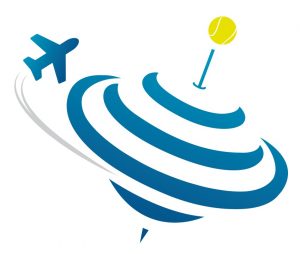

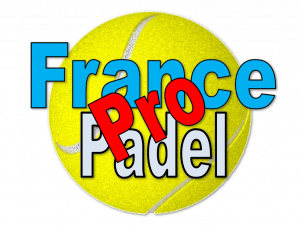




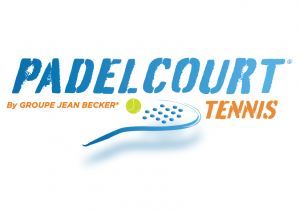


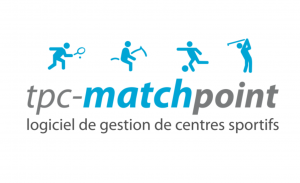






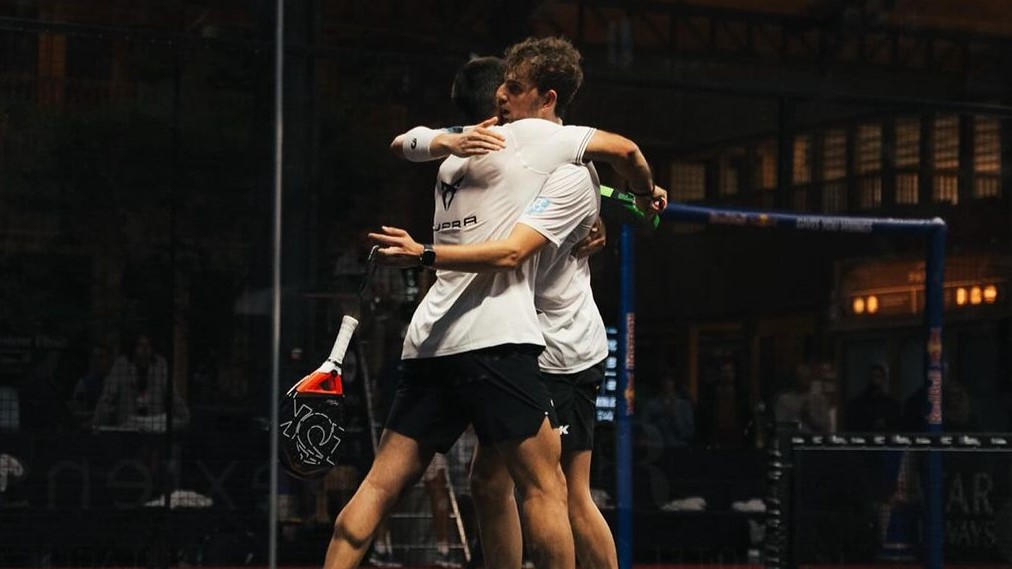 Premier Padel Brussels P2 – Mike Yanguas and Javi Garrido once again take the advantage over Stupa / Di Nenno
Premier Padel Brussels P2 – Mike Yanguas and Javi Garrido once again take the advantage over Stupa / Di Nenno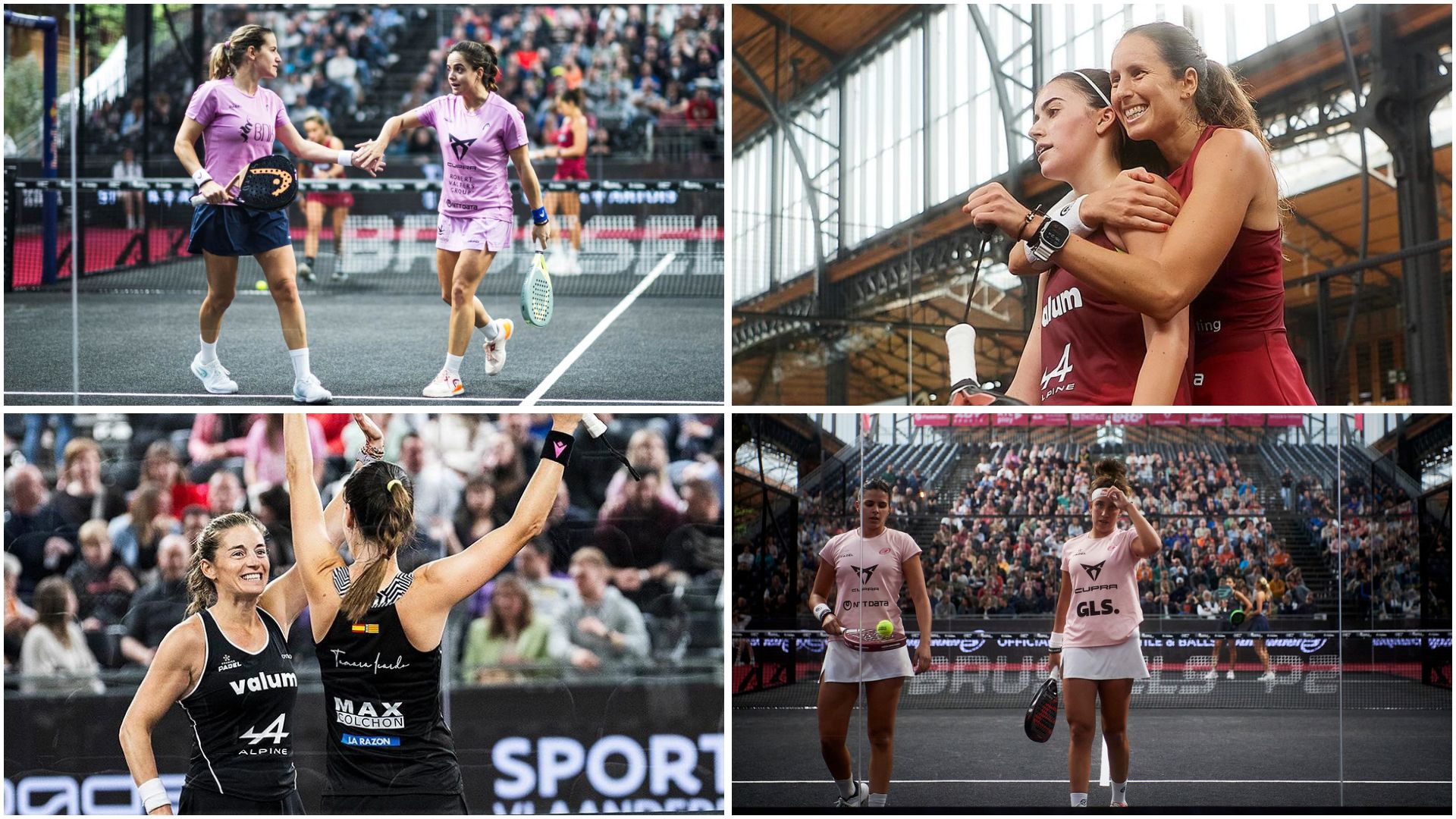 Premier Padel Brussels P2 – The women’s Big 4 at the semi-finals!
Premier Padel Brussels P2 – The women’s Big 4 at the semi-finals!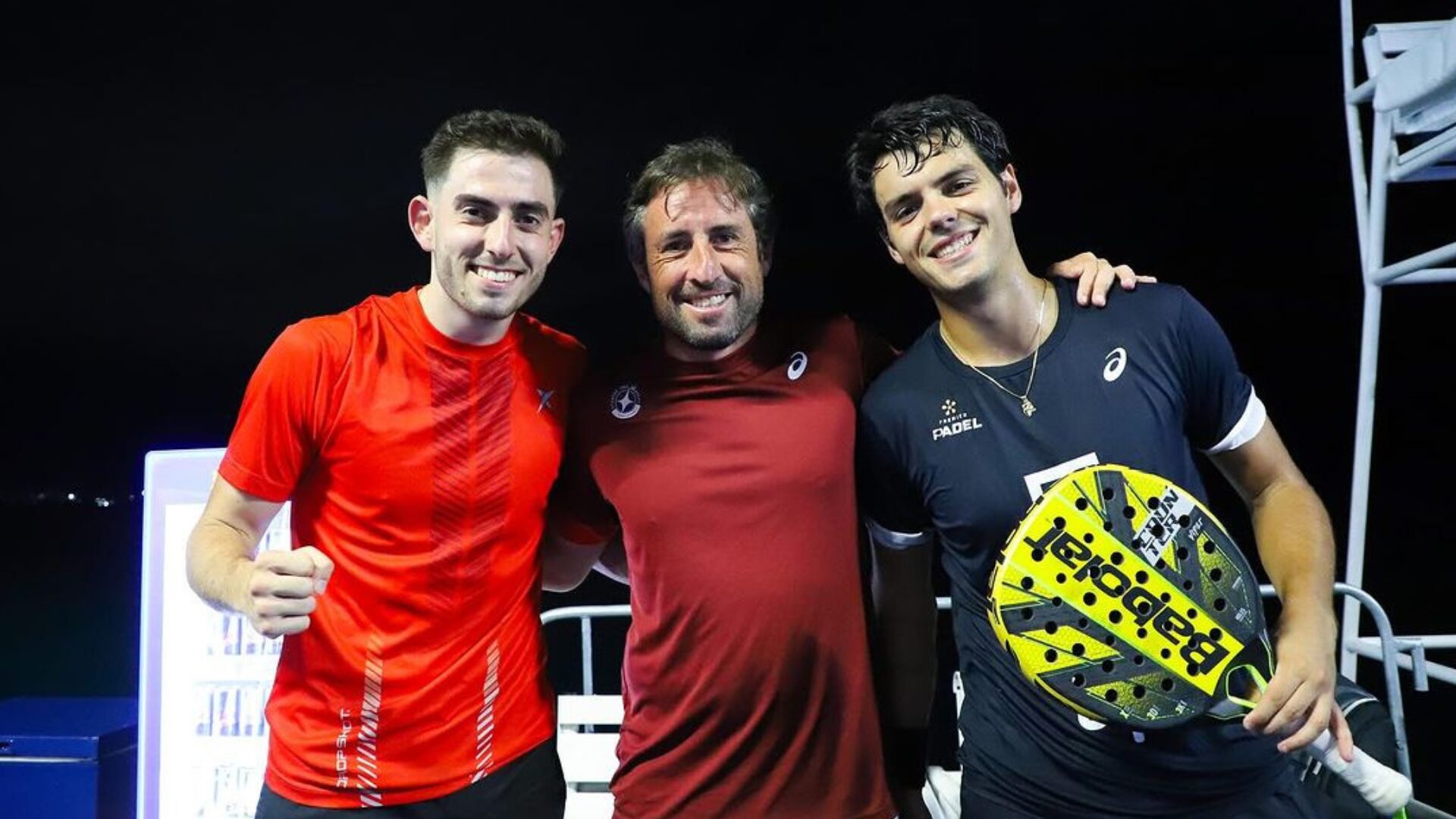 Premier Padel Brussels P2 – Sanz and Nieto win a big fight against Lebron / Navarro!
Premier Padel Brussels P2 – Sanz and Nieto win a big fight against Lebron / Navarro! Guillaume Codron de Sud Padel : “A family project”
Guillaume Codron de Sud Padel : “A family project” Nallé Grinda: “Democratize the padel in the USA with PadelX "
Nallé Grinda: “Democratize the padel in the USA with PadelX "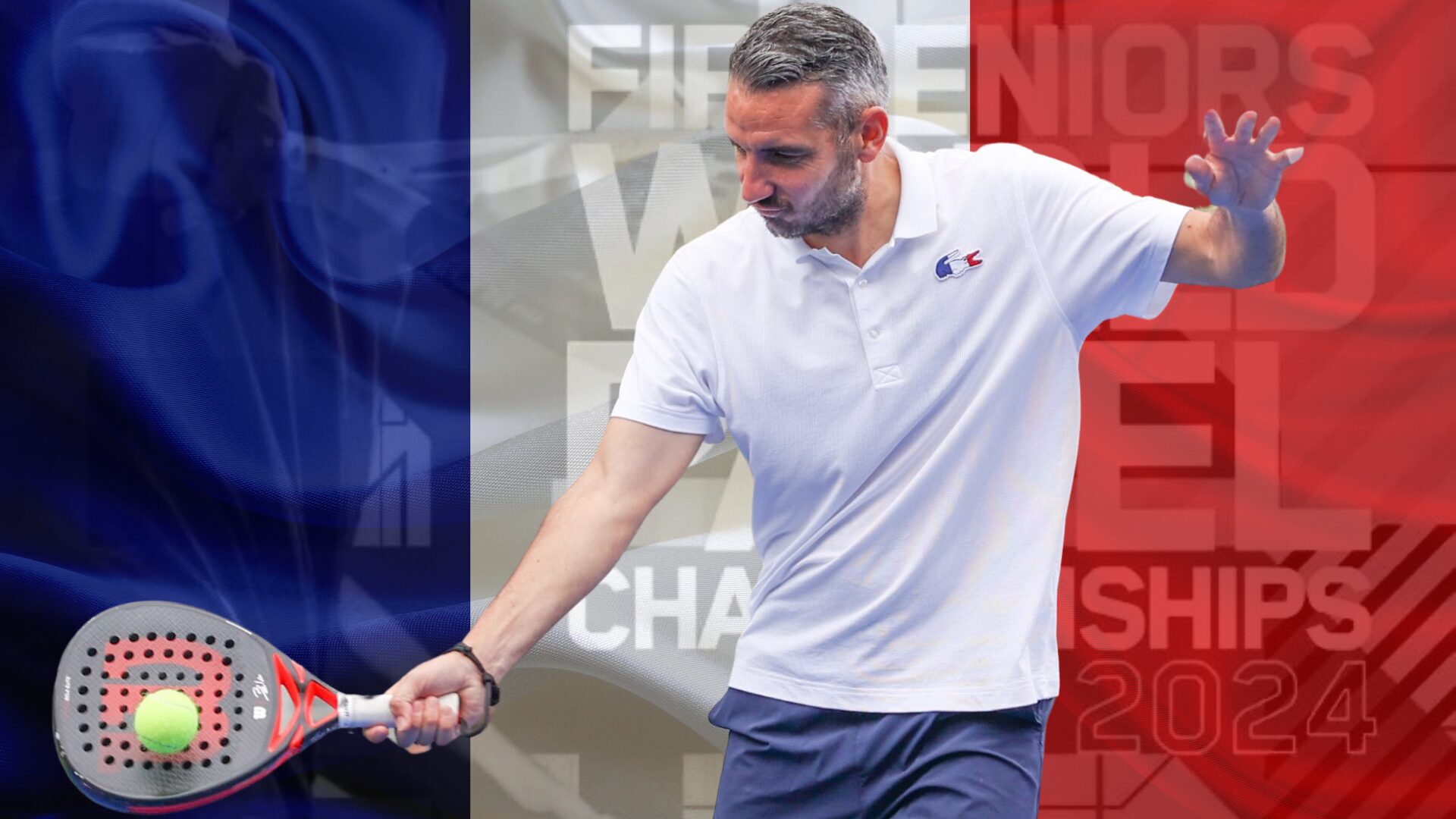 Simon Boissé: “We know that there are two nations in front of us”
Simon Boissé: “We know that there are two nations in front of us”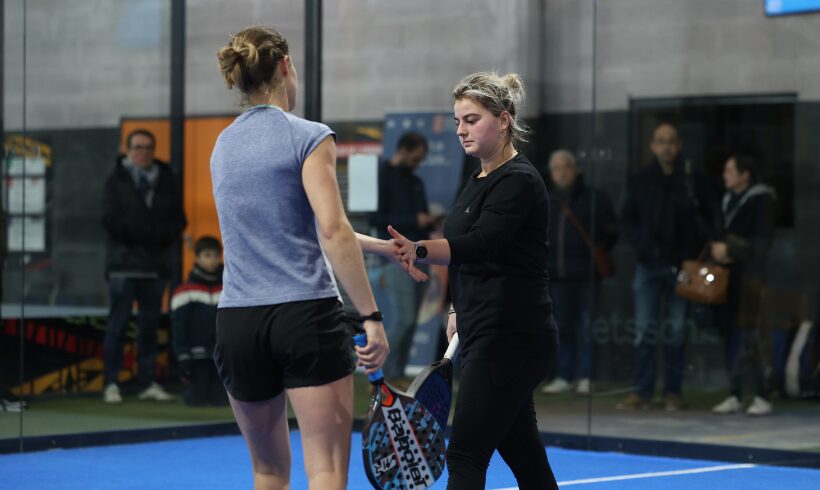 Marie Maligo: “This period of frequent changes of partners was beneficial for me”
Marie Maligo: “This period of frequent changes of partners was beneficial for me”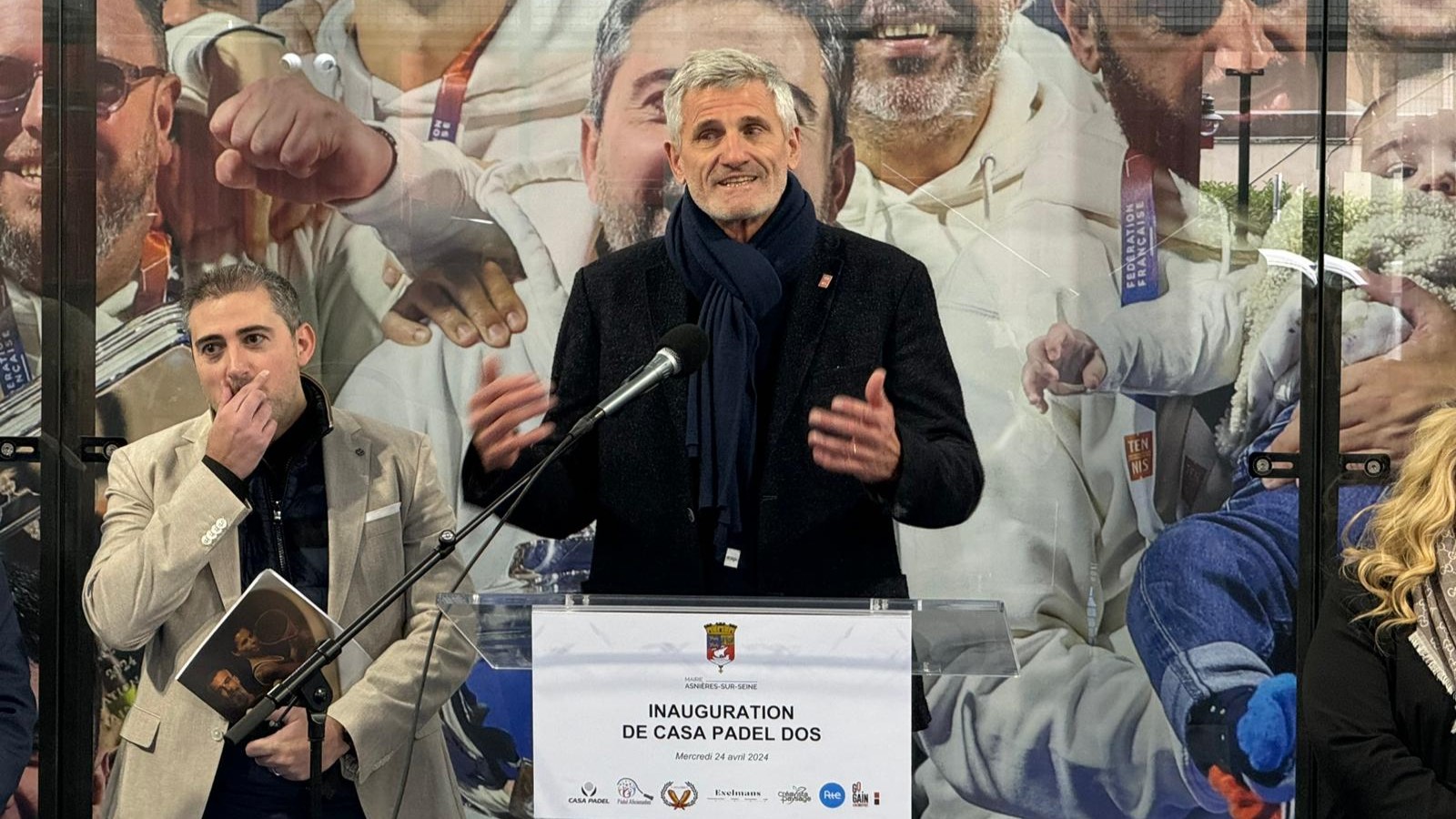 Gilles Moretton: “We will be able to put the padel at the level of tennis”
Gilles Moretton: “We will be able to put the padel at the level of tennis” Two P1000 doubled prize money approaching!
Two P1000 doubled prize money approaching!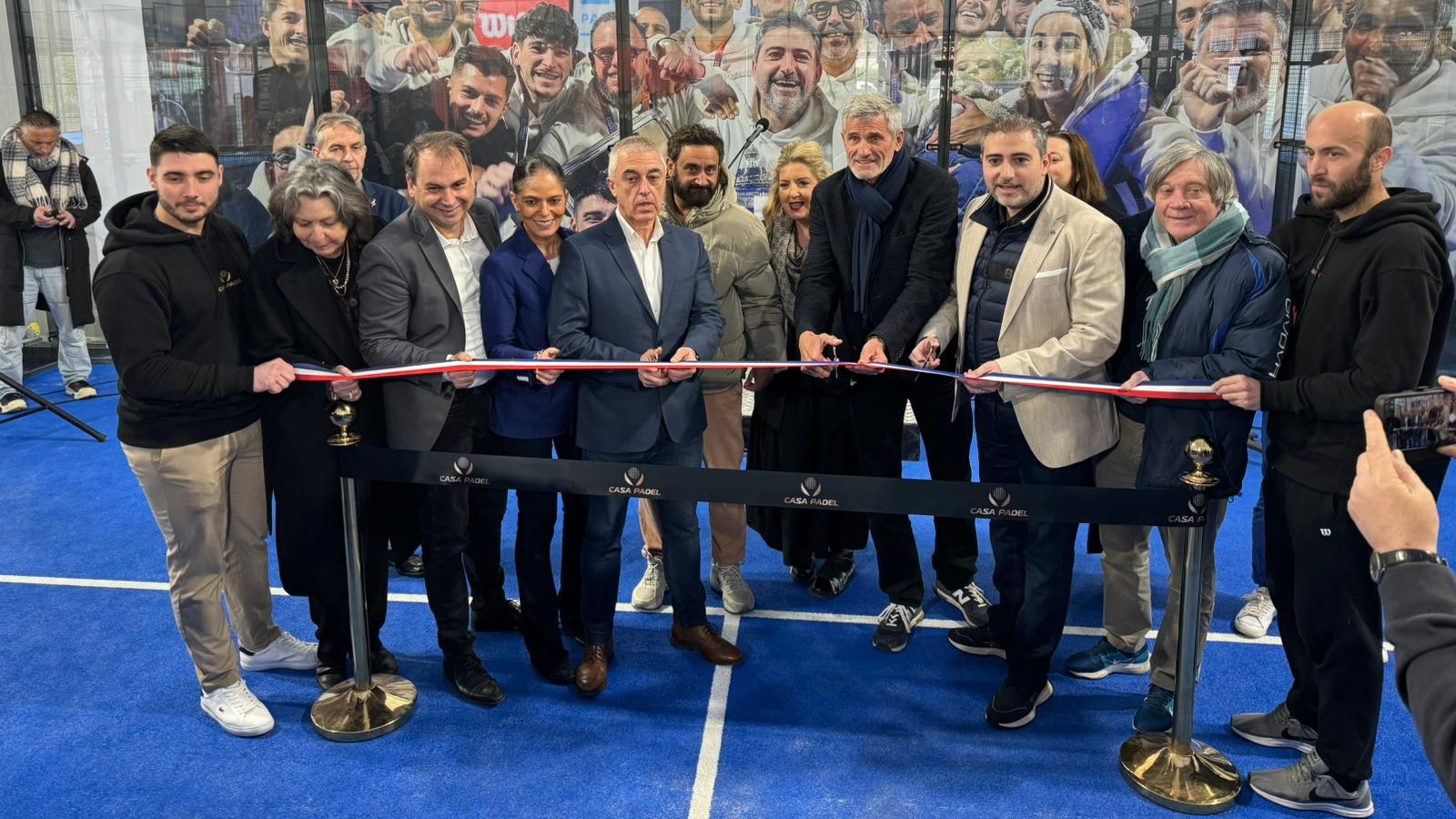 José Manuel Escin at the inauguration of Casa Padel DOS: “Finally, and thank you!”
José Manuel Escin at the inauguration of Casa Padel DOS: “Finally, and thank you!”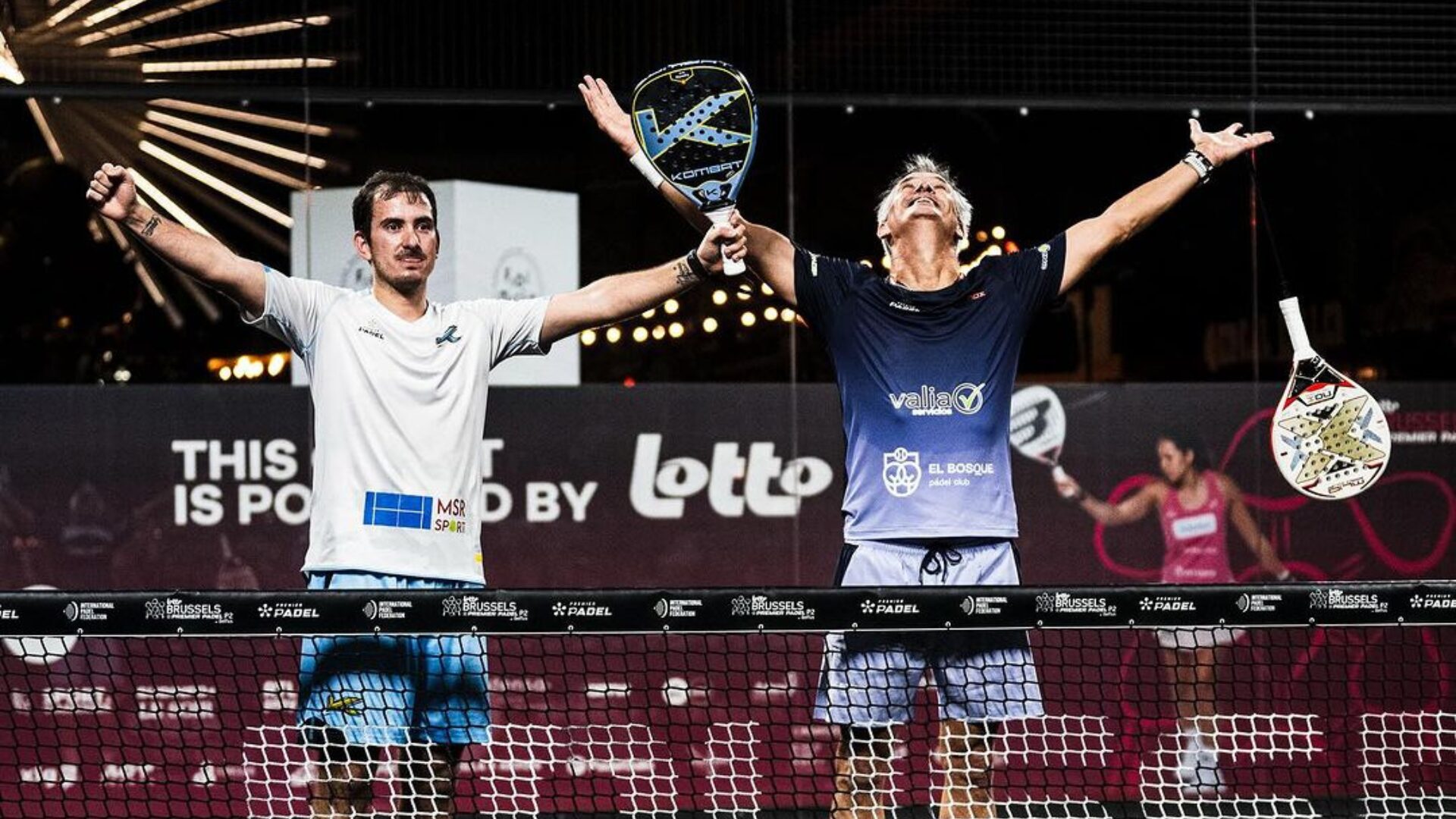 Miguel Lamperti: three tie-breaks and a return to the quarter-finals!
Miguel Lamperti: three tie-breaks and a return to the quarter-finals!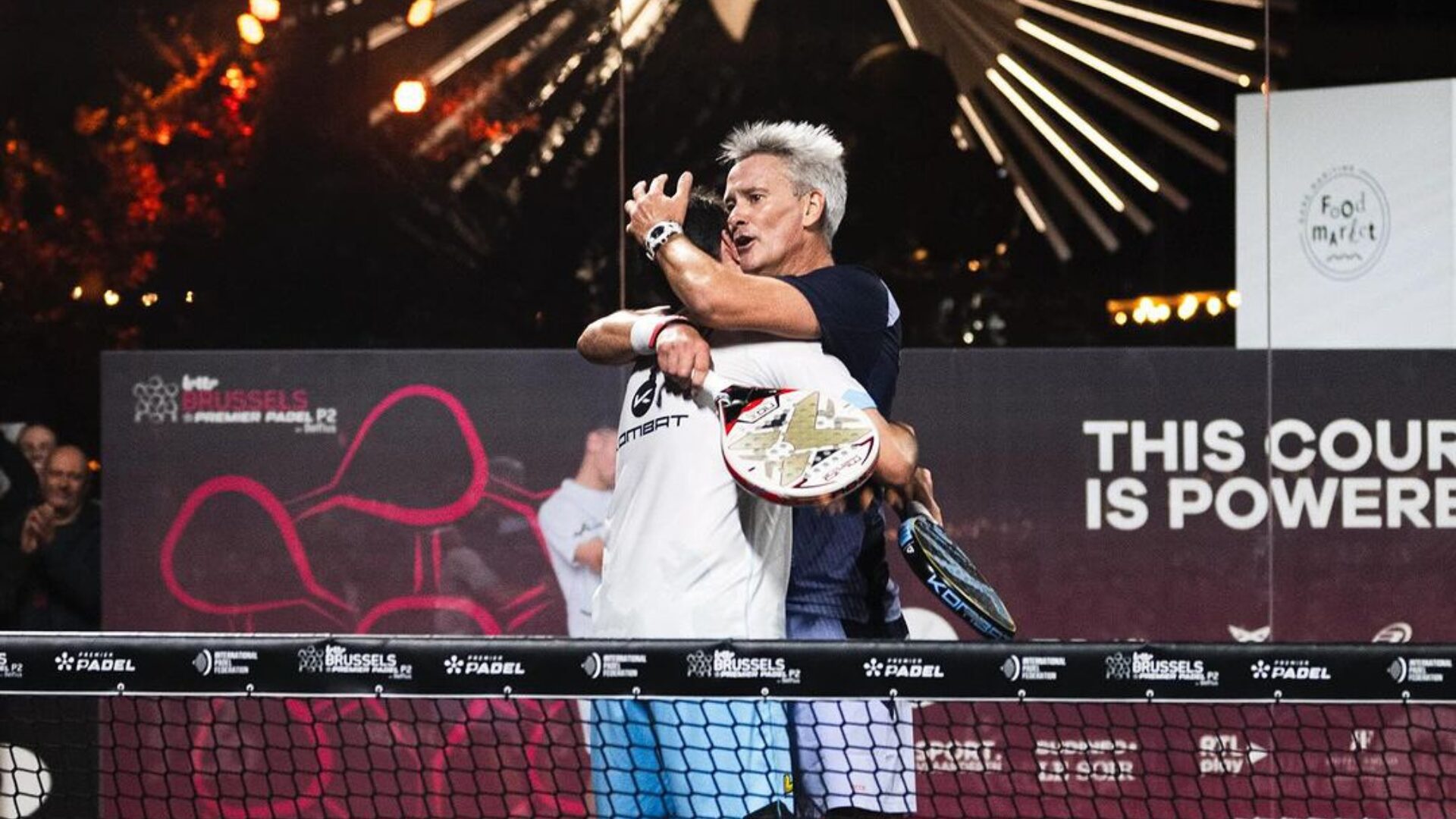 Big evening in Brussels with two seeded players on the mat, heckled number 1s…
Big evening in Brussels with two seeded players on the mat, heckled number 1s…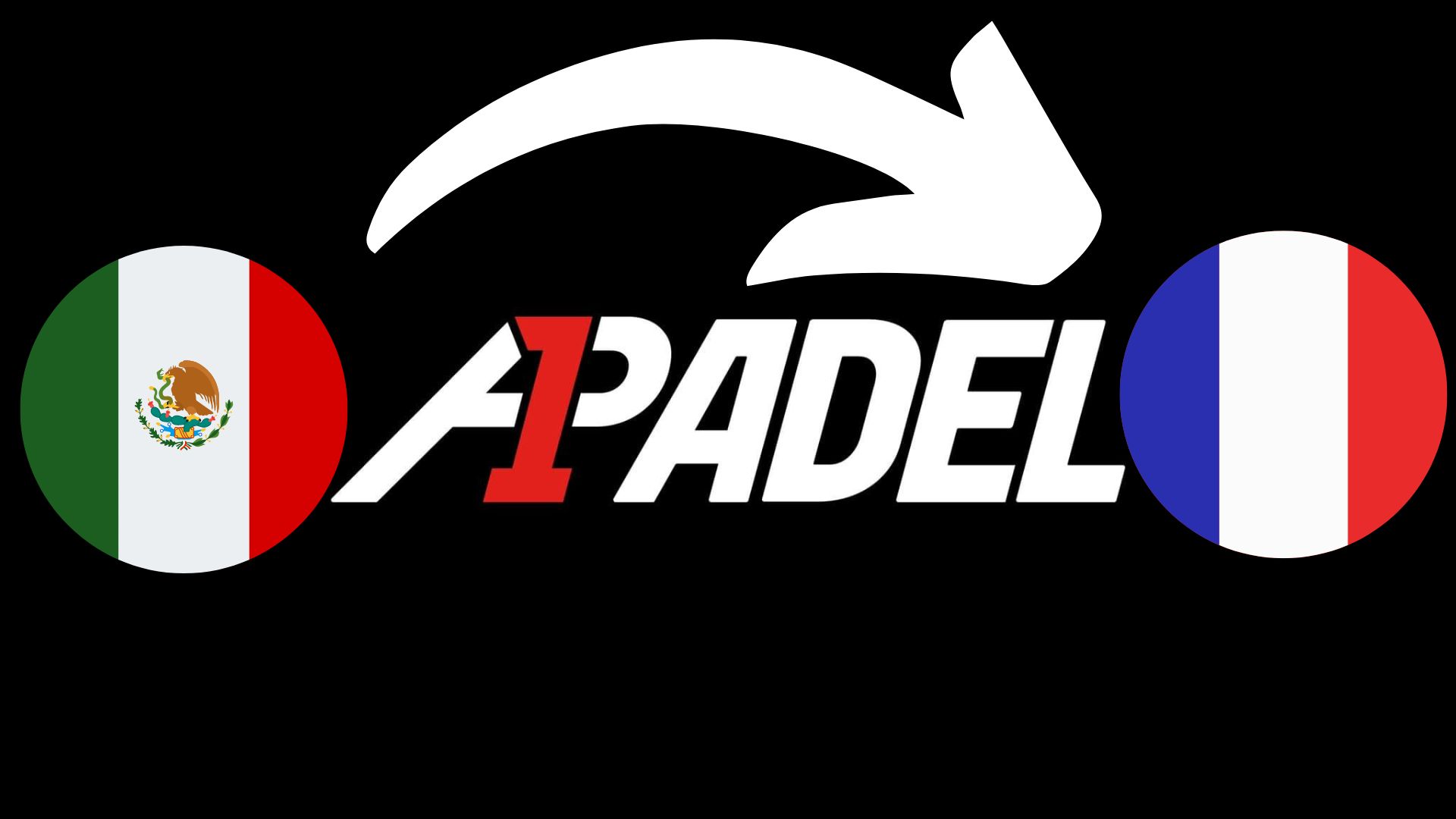 A1 Padel – the French Open replaces the Mexican Open on the calendar
A1 Padel – the French Open replaces the Mexican Open on the calendar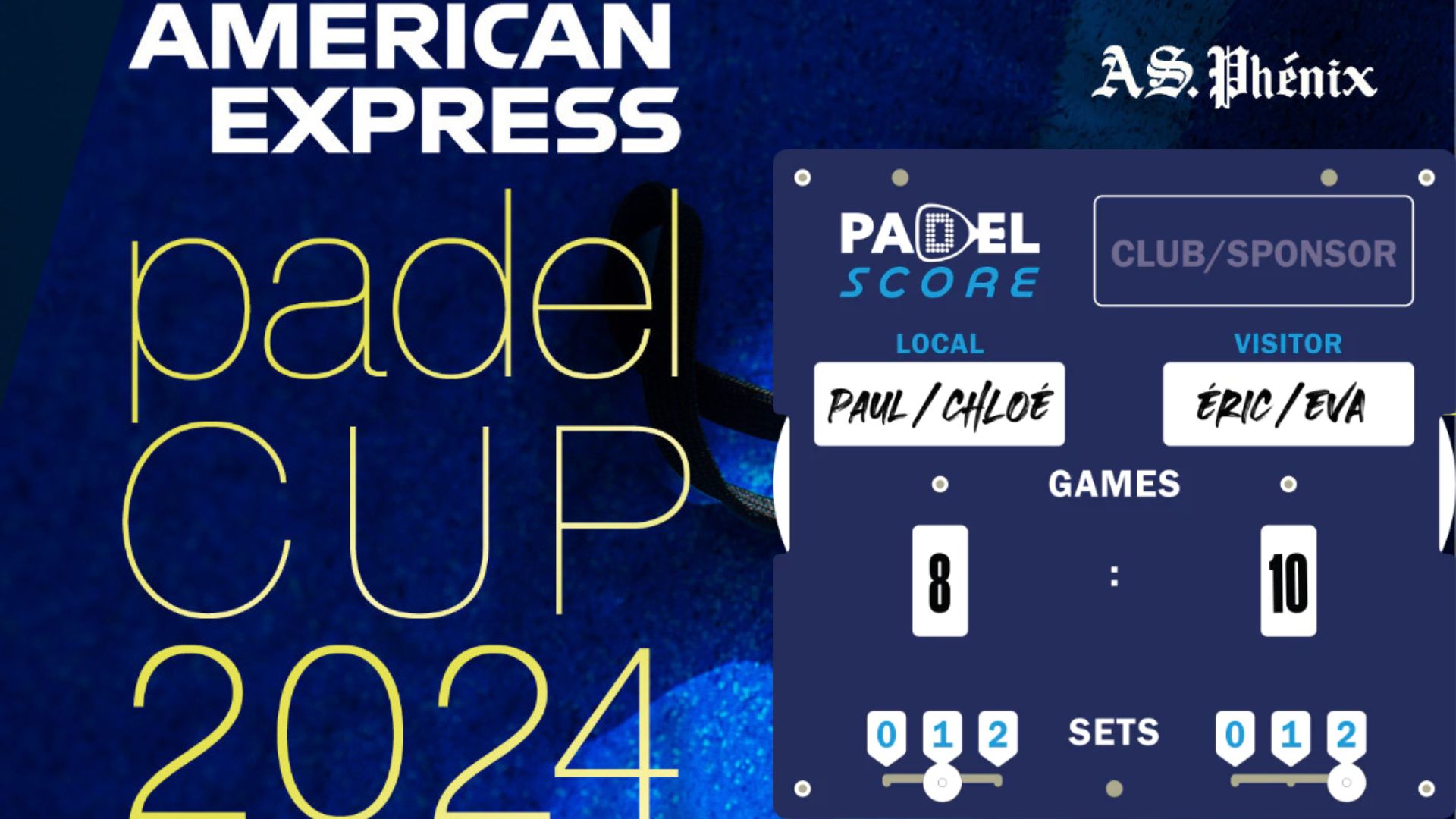 Padel Score comes to Tahiti for American Express Padel Cup!
Padel Score comes to Tahiti for American Express Padel Cup!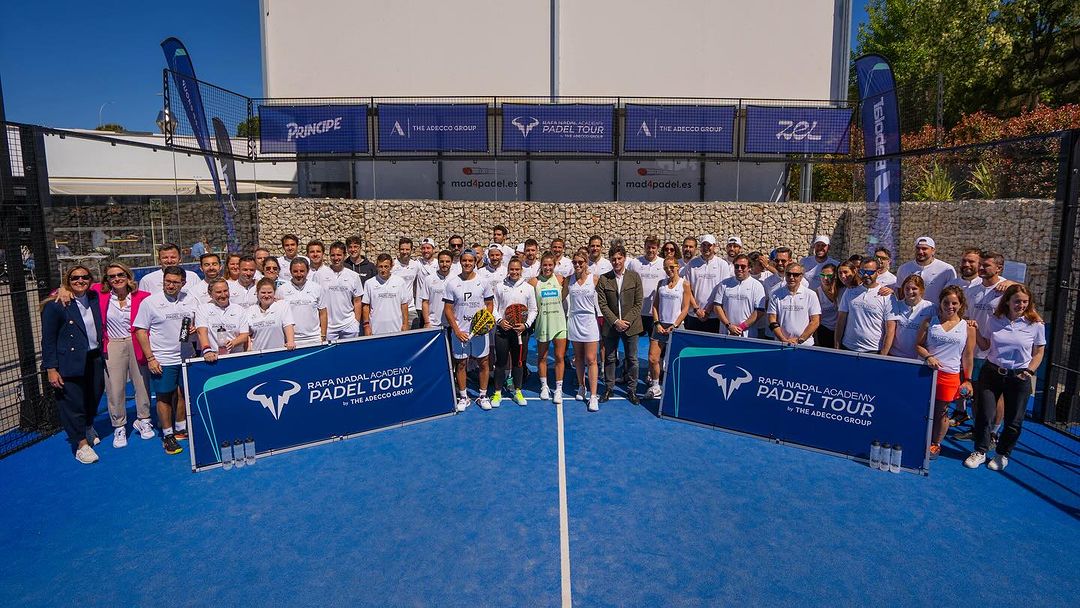 Do you know the Rafa Nadal Academy Tour?
Do you know the Rafa Nadal Academy Tour?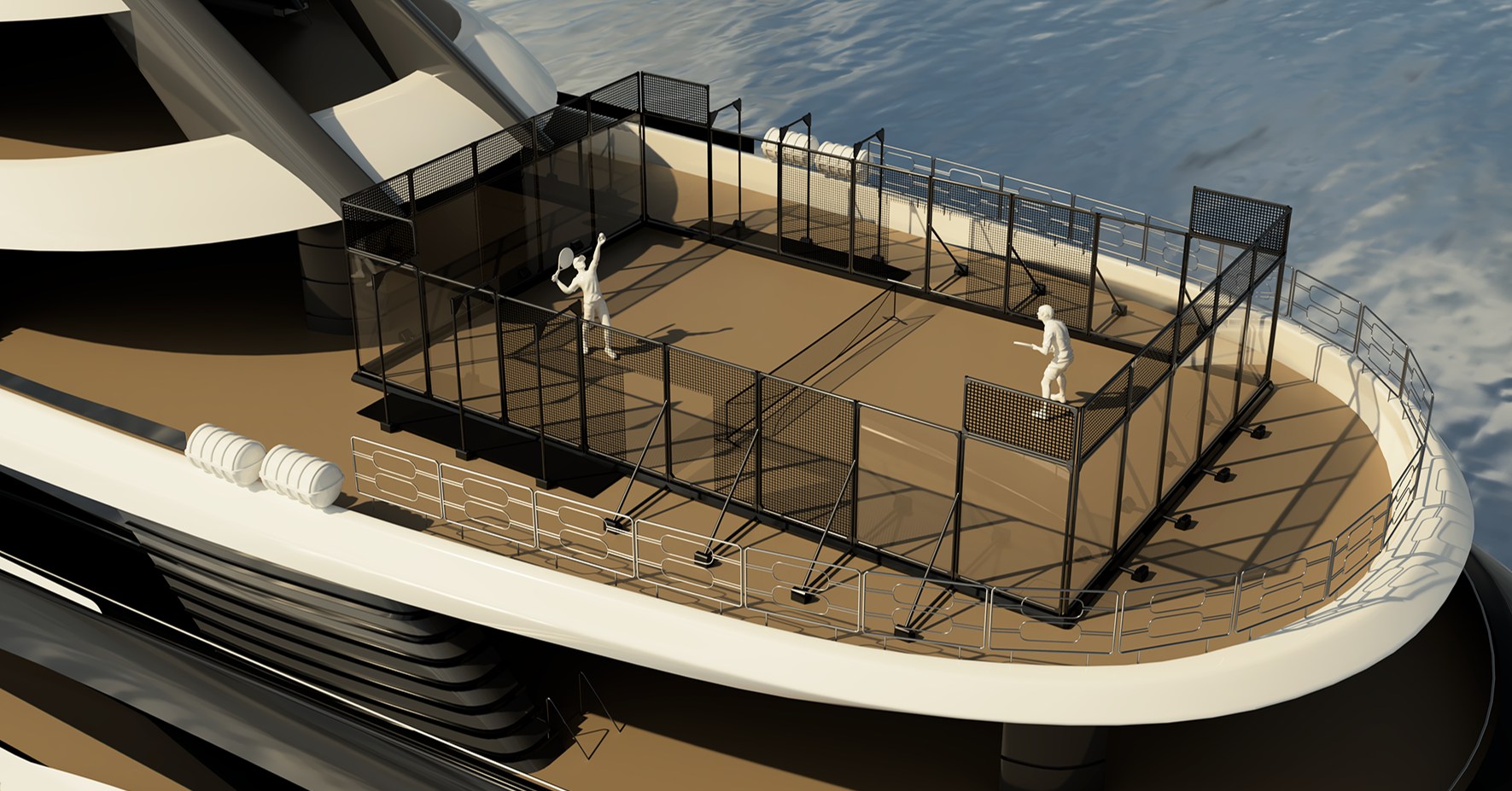 Play at padel on his yacht? Possible for €233.000!
Play at padel on his yacht? Possible for €233.000! Our Top 10 training courses padel in France and Europe
Our Top 10 training courses padel in France and Europe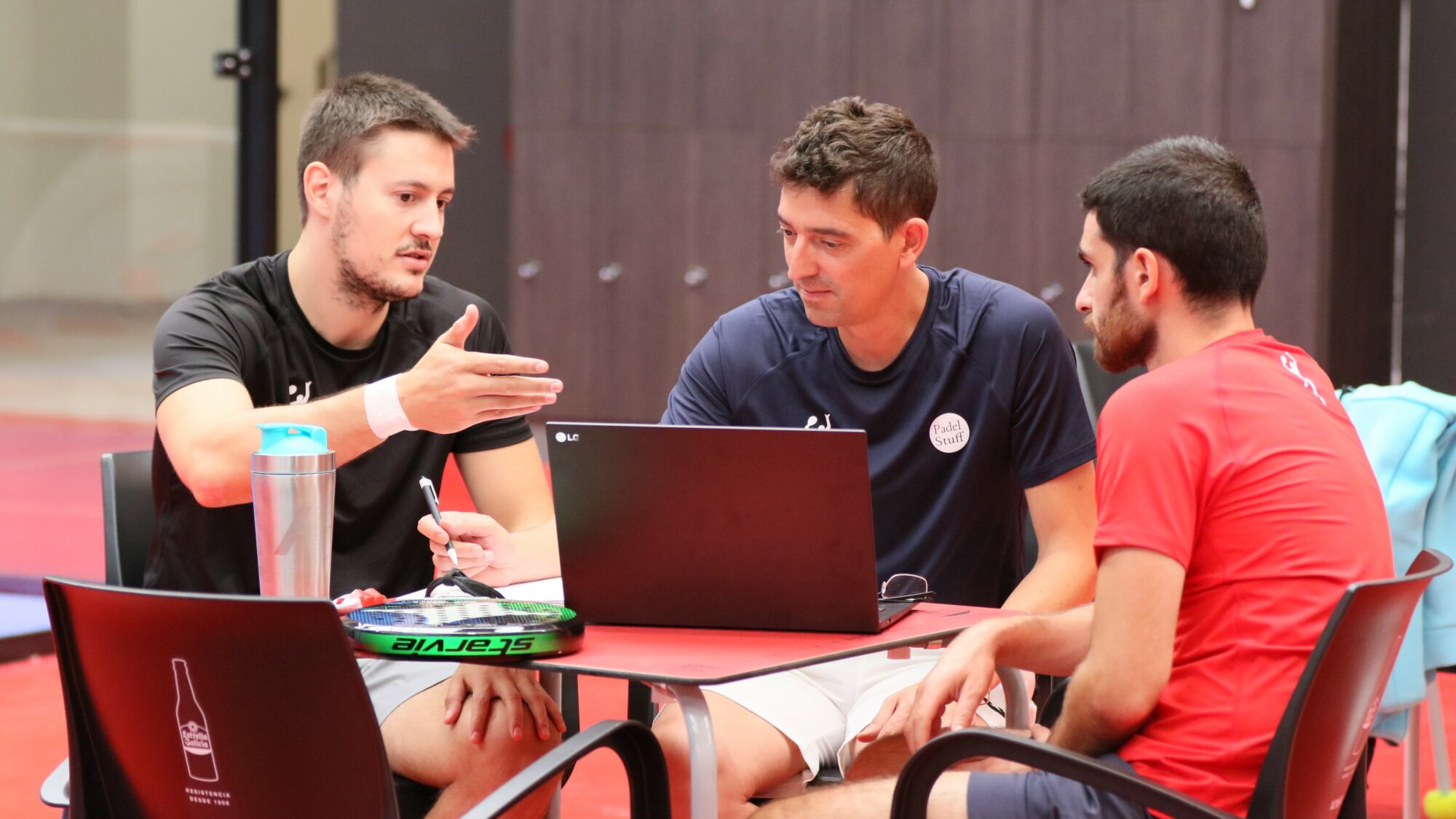 At the heart of padel – Episode 25: Paul and Andoni answer your questions
At the heart of padel – Episode 25: Paul and Andoni answer your questions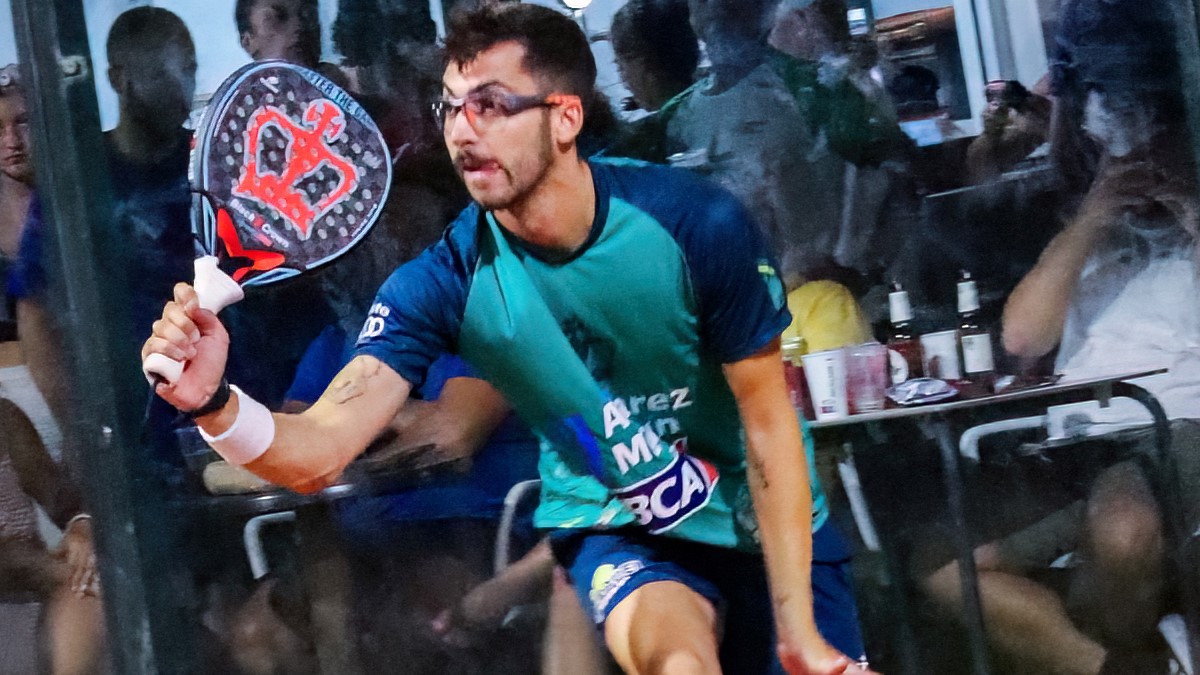 Tactical padel – What to do when faced with players who systematically stay at the bottom?
Tactical padel – What to do when faced with players who systematically stay at the bottom?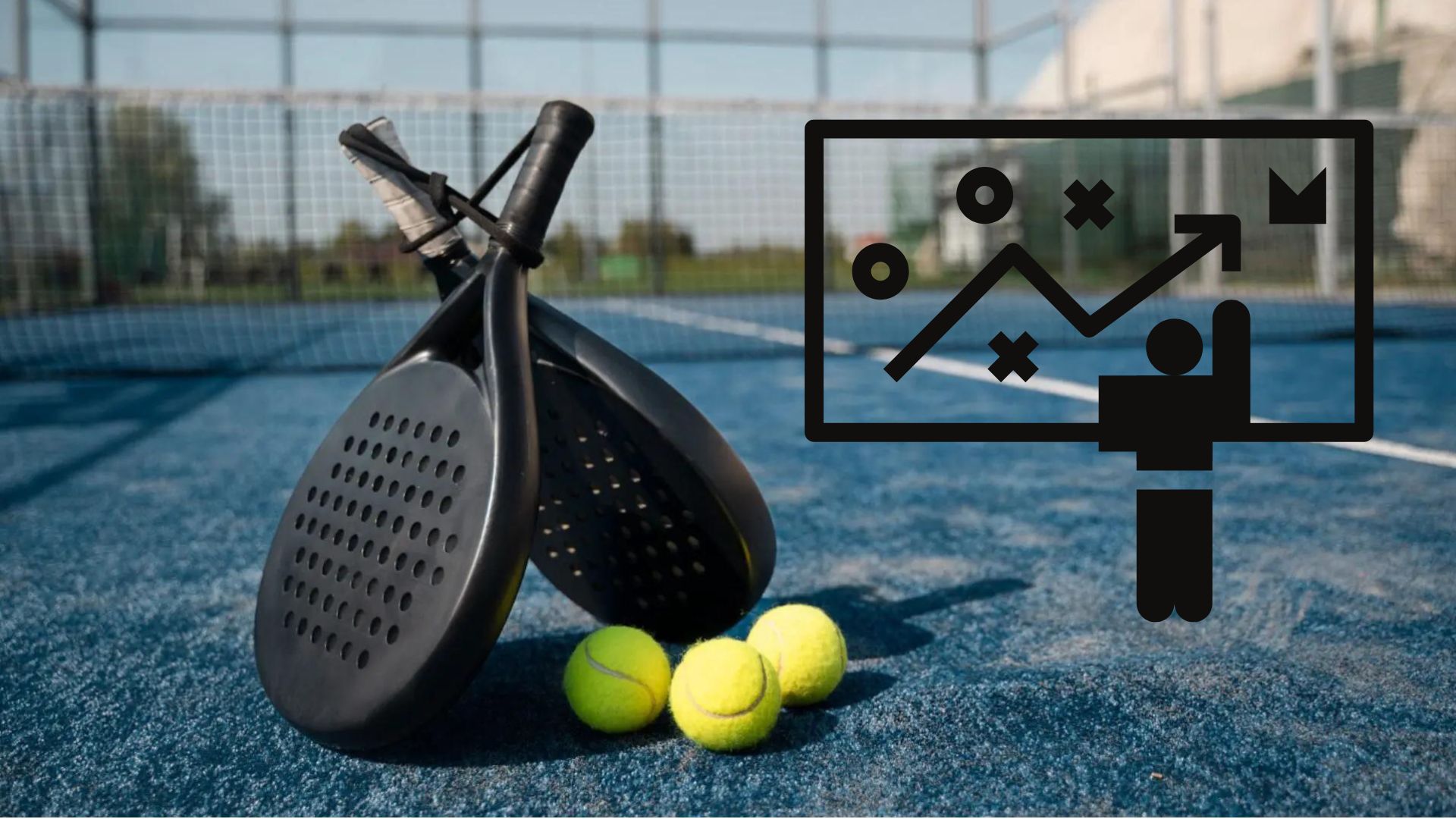 The basic tactics of padel
The basic tactics of padel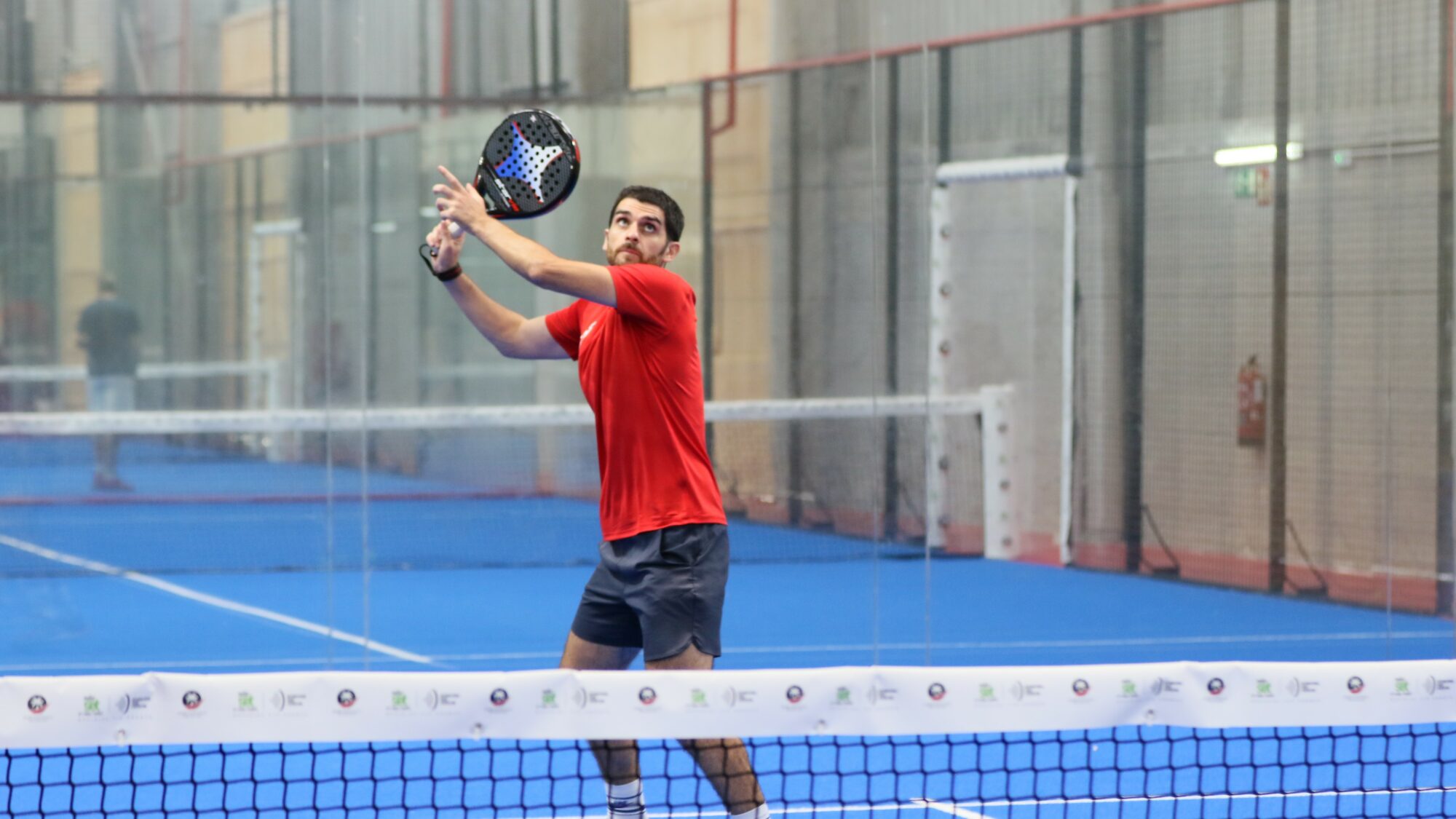 At the heart of padel – Episode 25: Paul and Andoni answer your questions
At the heart of padel – Episode 25: Paul and Andoni answer your questions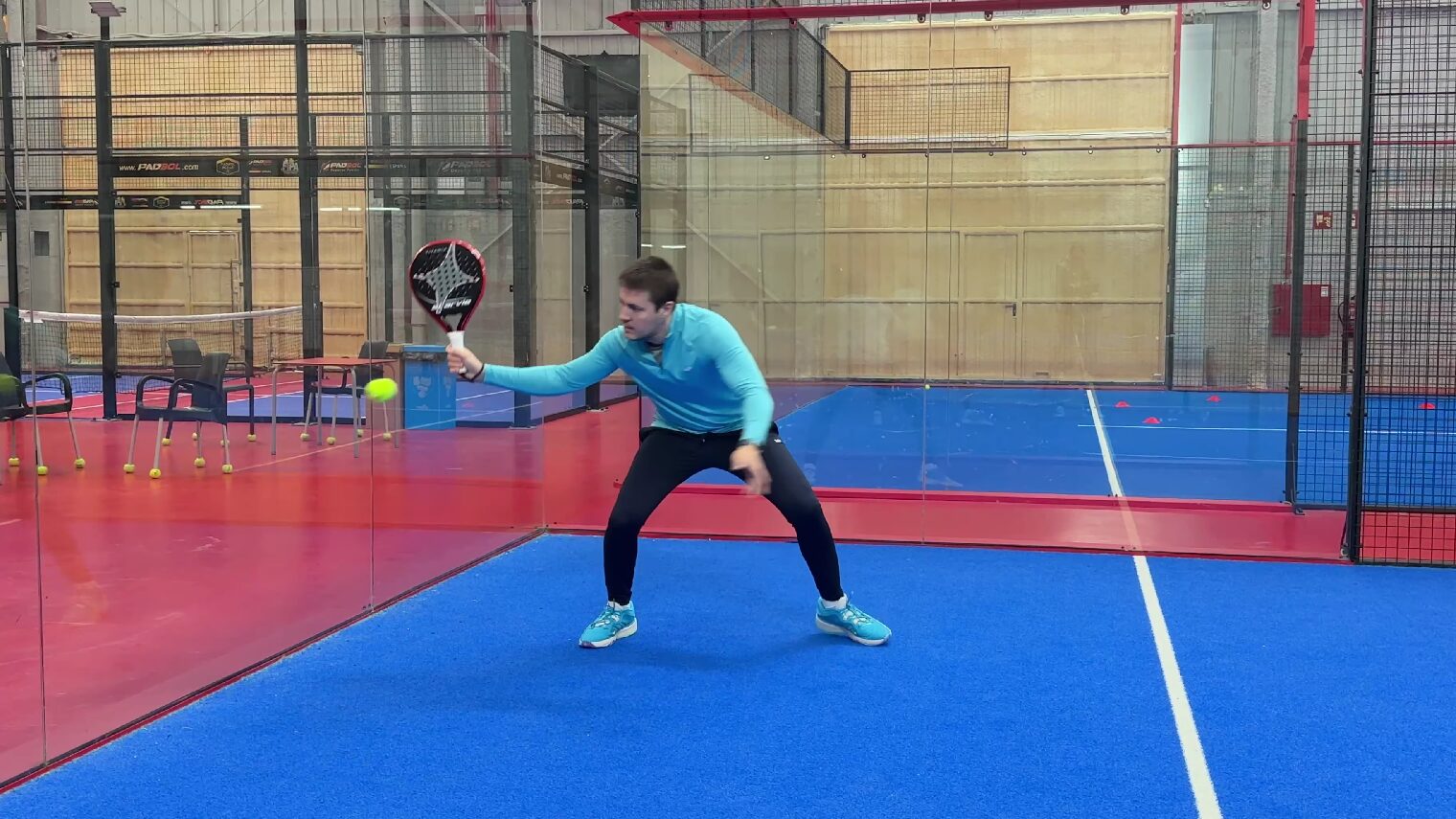 At the heart of padel – Episode 23: defend the window well
At the heart of padel – Episode 23: defend the window well Prohibition on playing topless Padel : the reasons
Prohibition on playing topless Padel : the reasons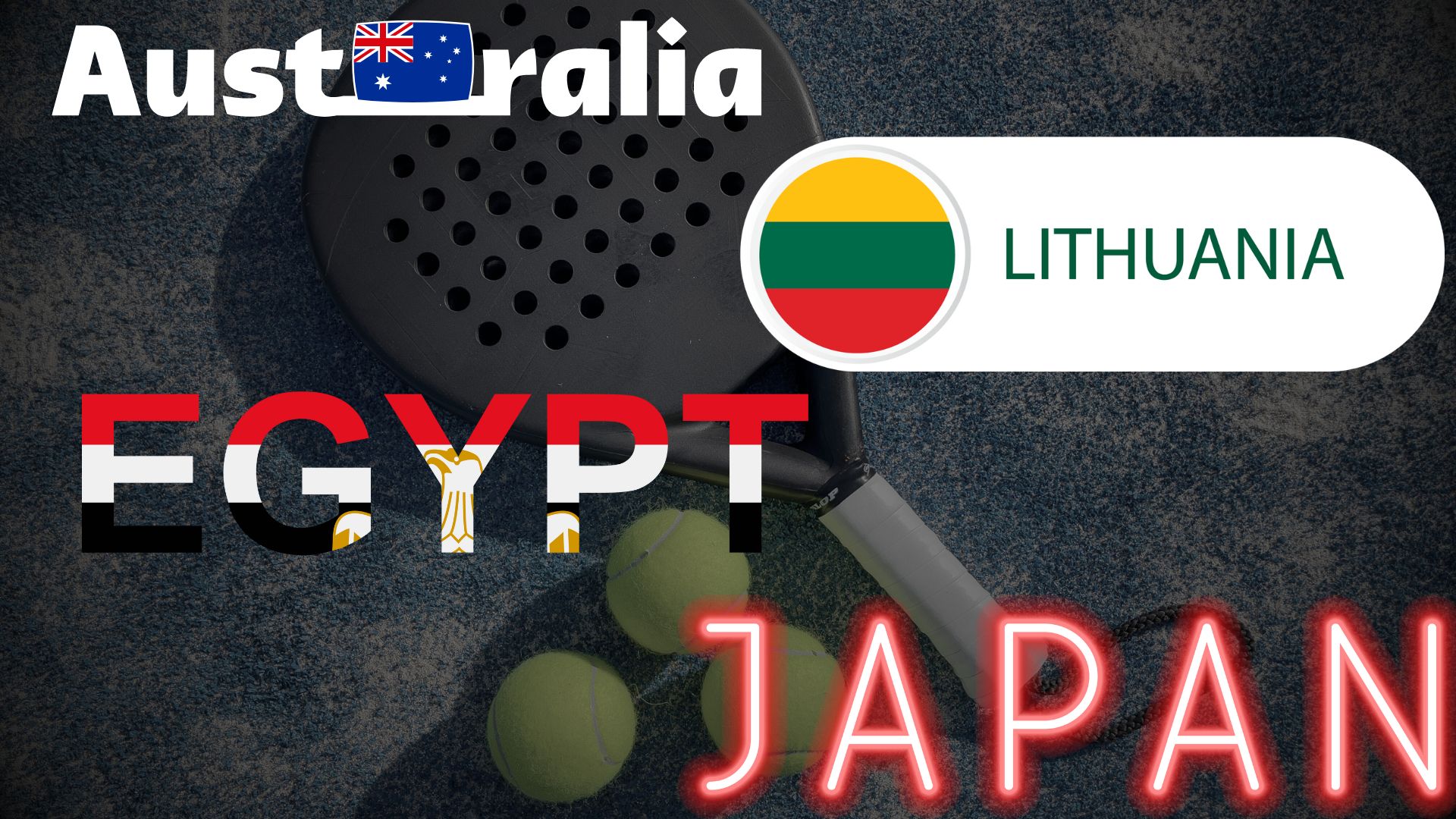 FIP Tour – Going far from Europe, THE strategy to earn points!
FIP Tour – Going far from Europe, THE strategy to earn points!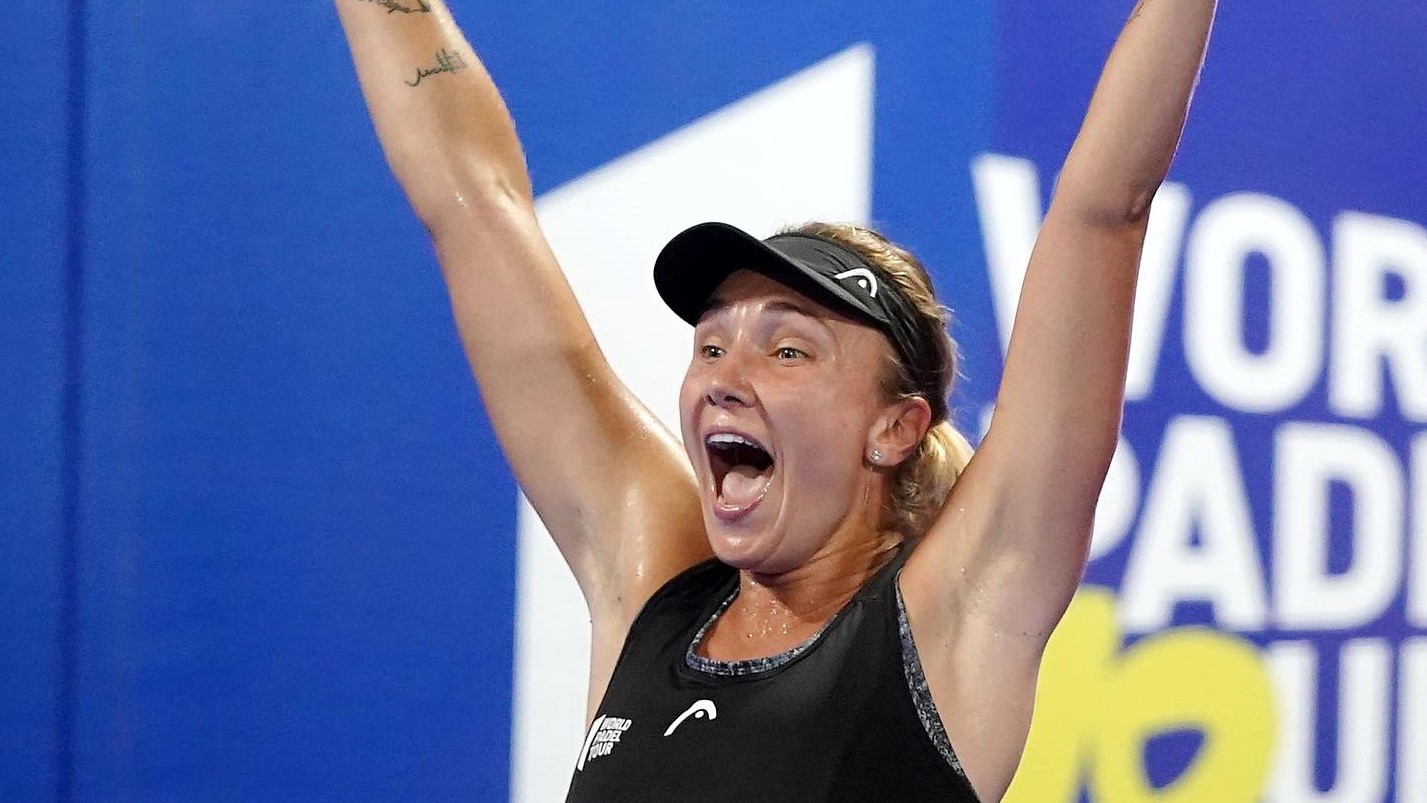 What is a good football player? padel ?
What is a good football player? padel ?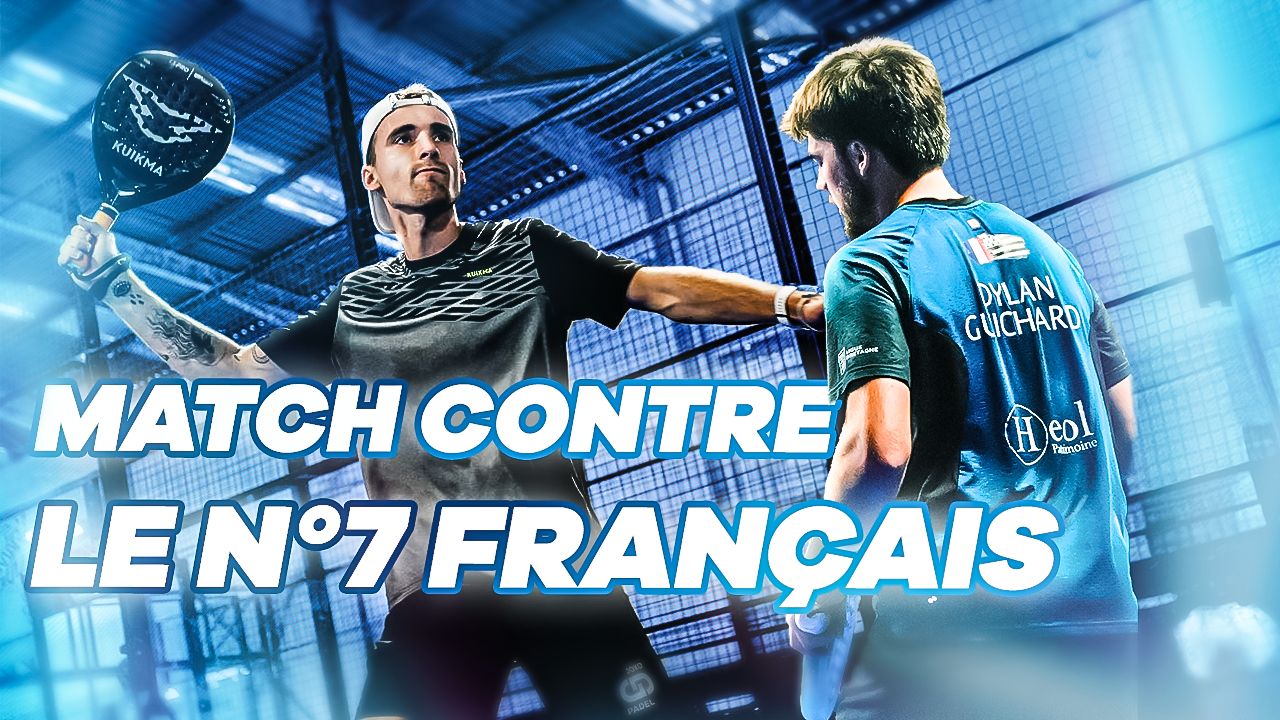 “Lefties give me headaches when I play against them!”
“Lefties give me headaches when I play against them!”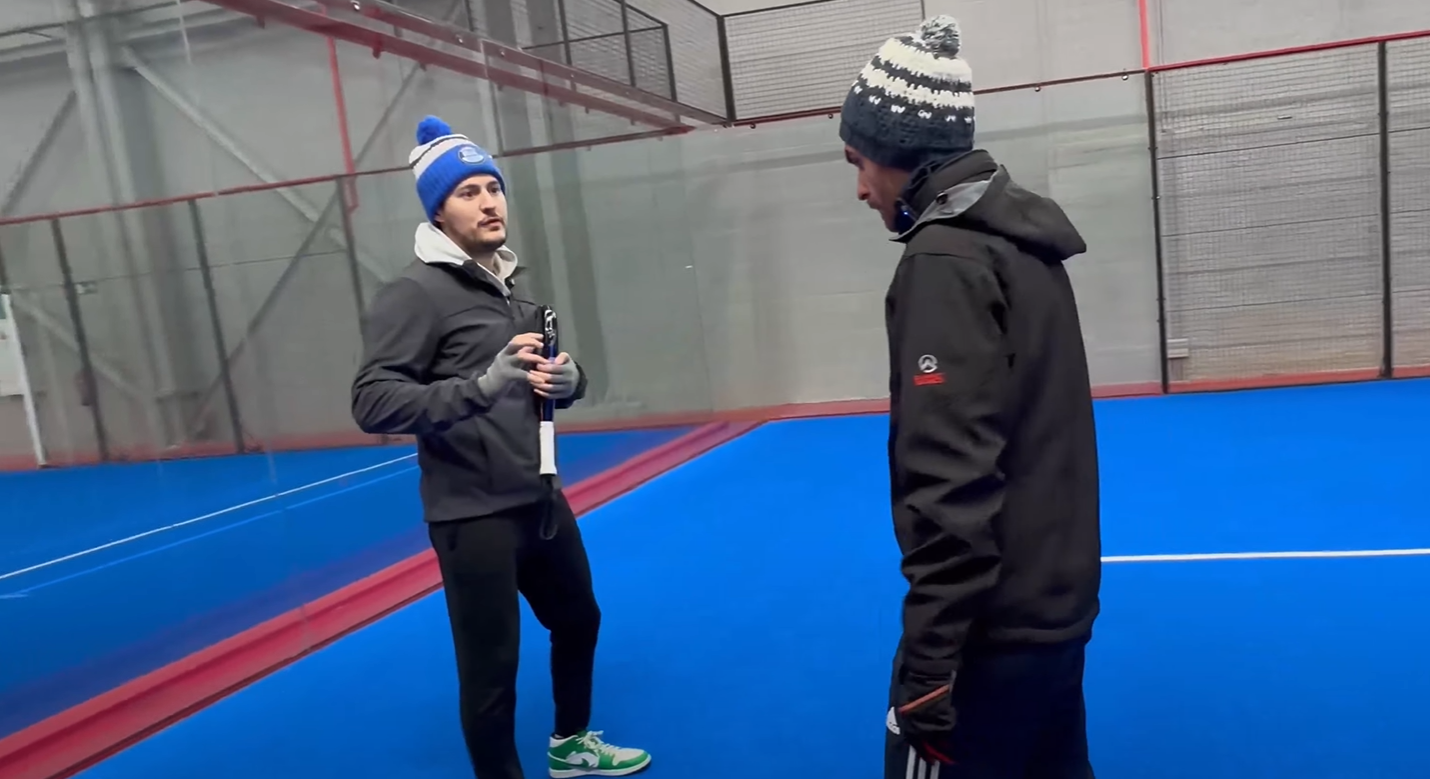 At the heart of padel – Episode 14: how to earn points in winter?
At the heart of padel – Episode 14: how to earn points in winter?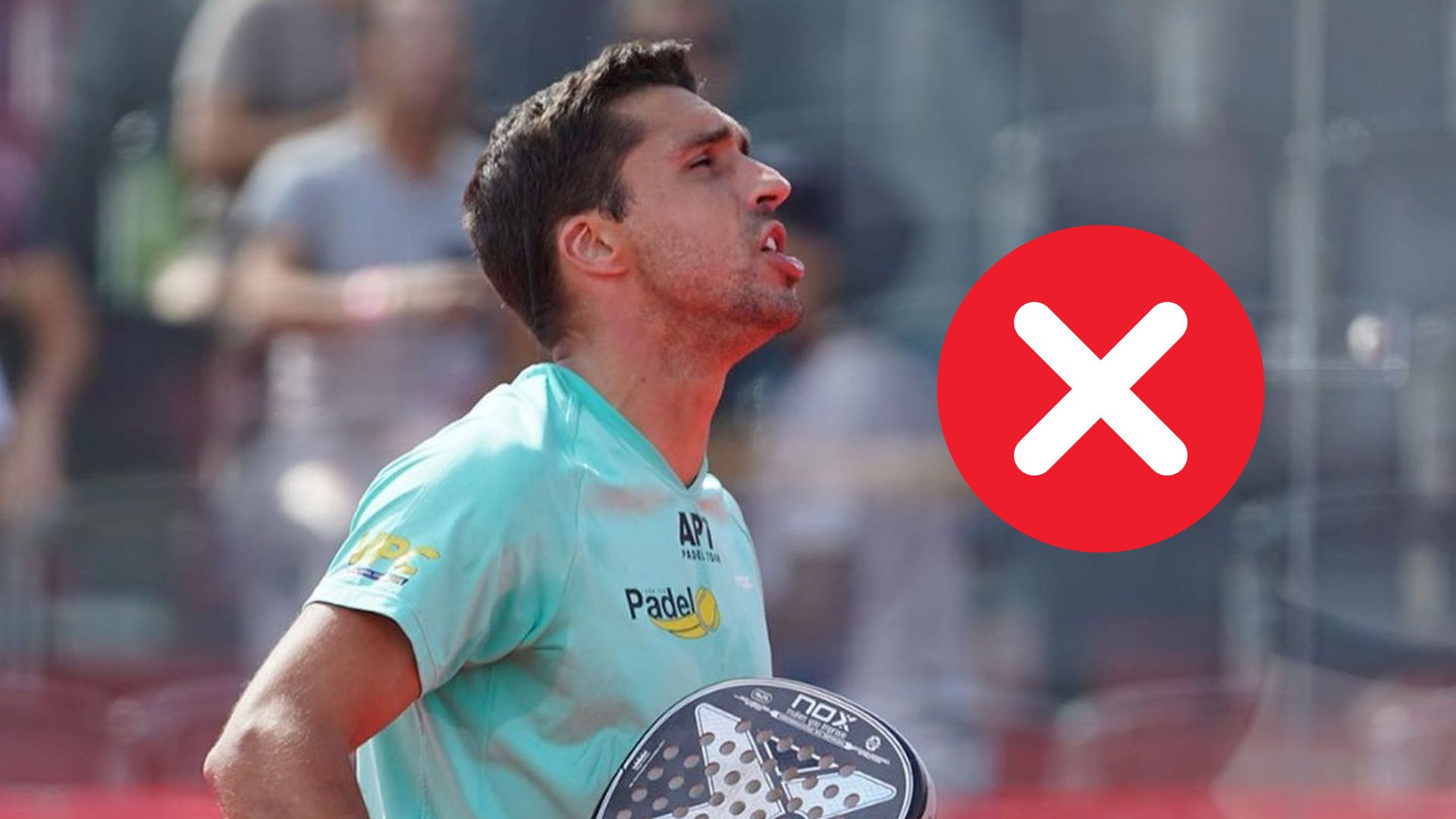 A par 4 is always a winner...even if you manage to defend it!
A par 4 is always a winner...even if you manage to defend it!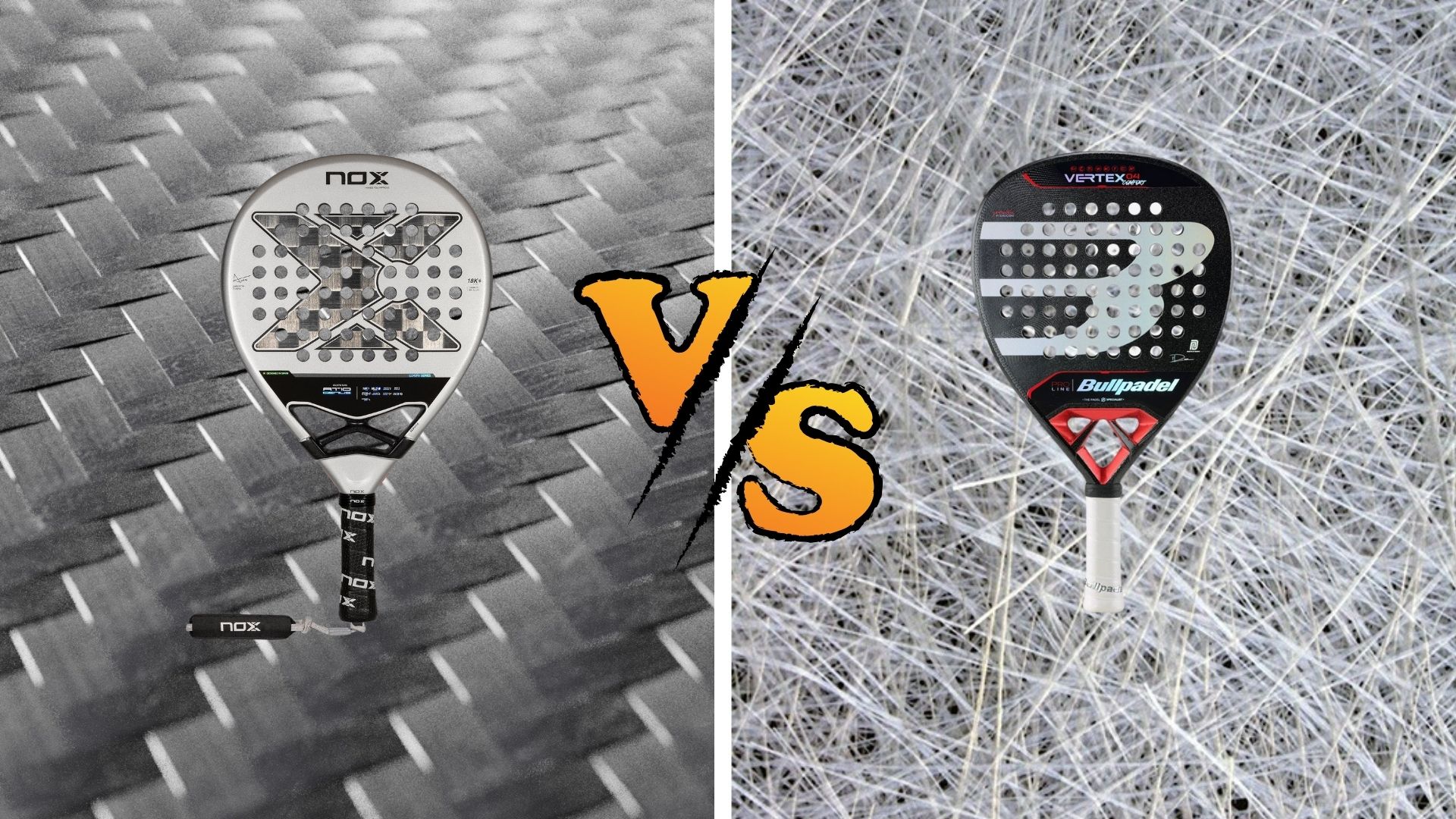 Carbon fiber VS fiberglass: what to choose?
Carbon fiber VS fiberglass: what to choose?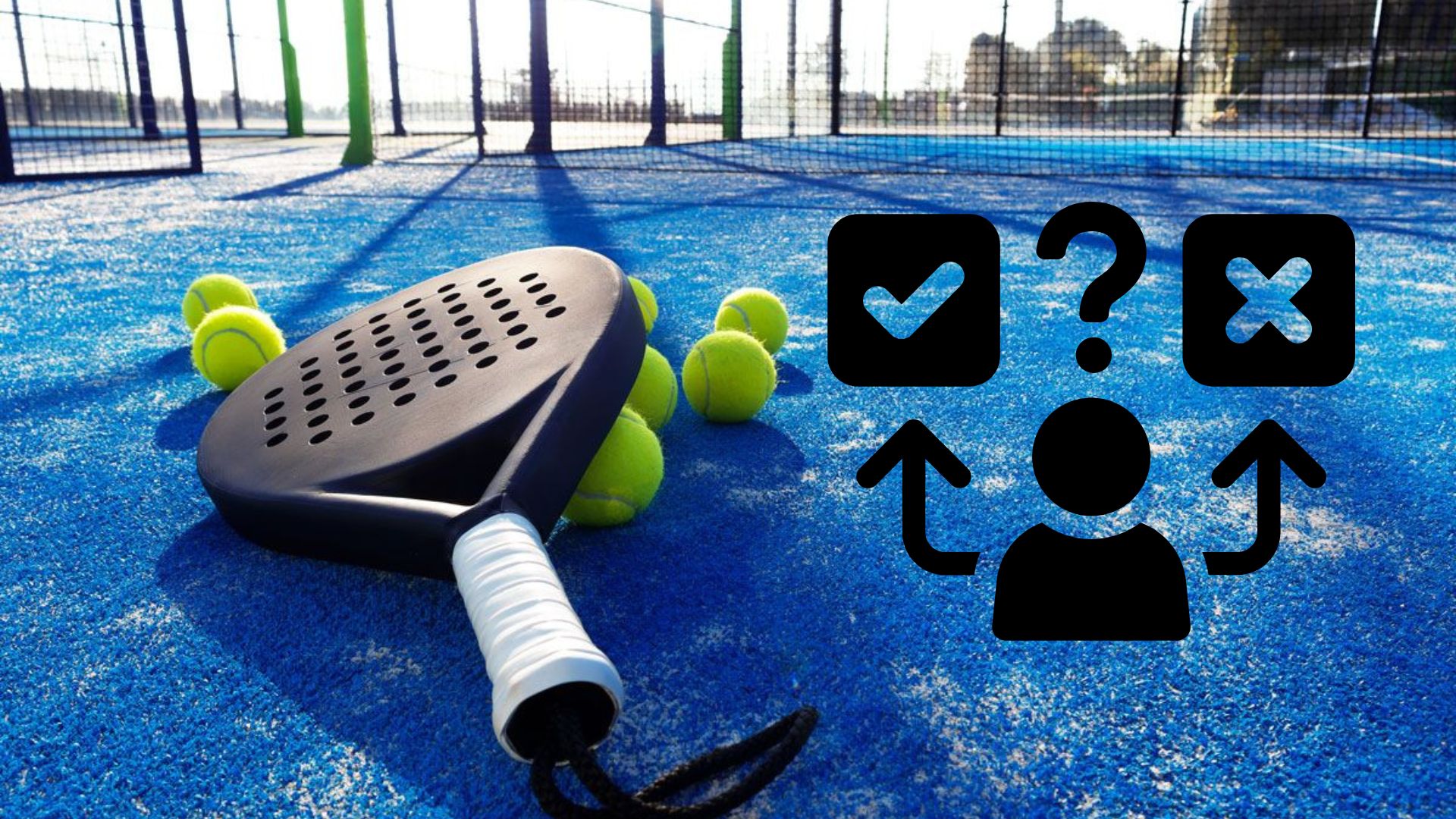 How to effectively test a racket padel ?
How to effectively test a racket padel ?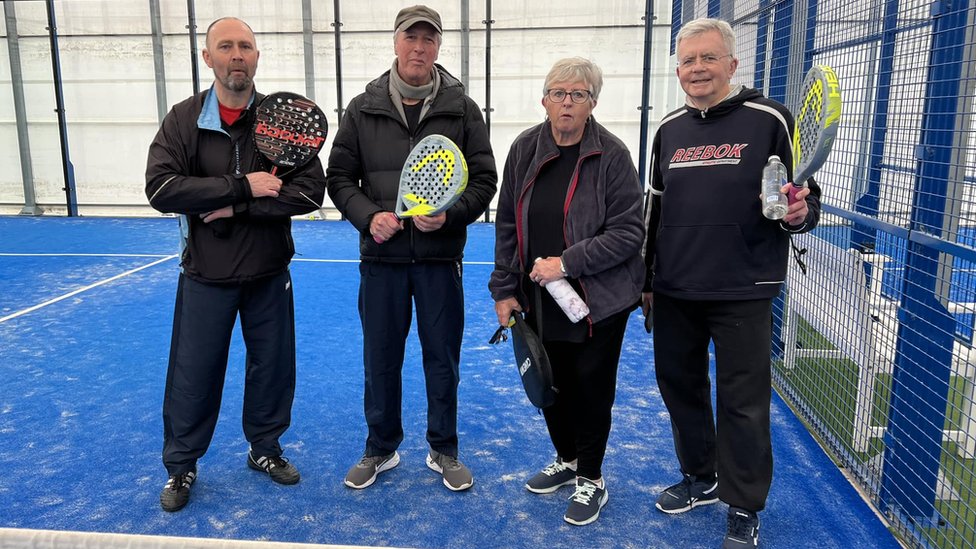 La padel to fight Parkinson's disease
La padel to fight Parkinson's disease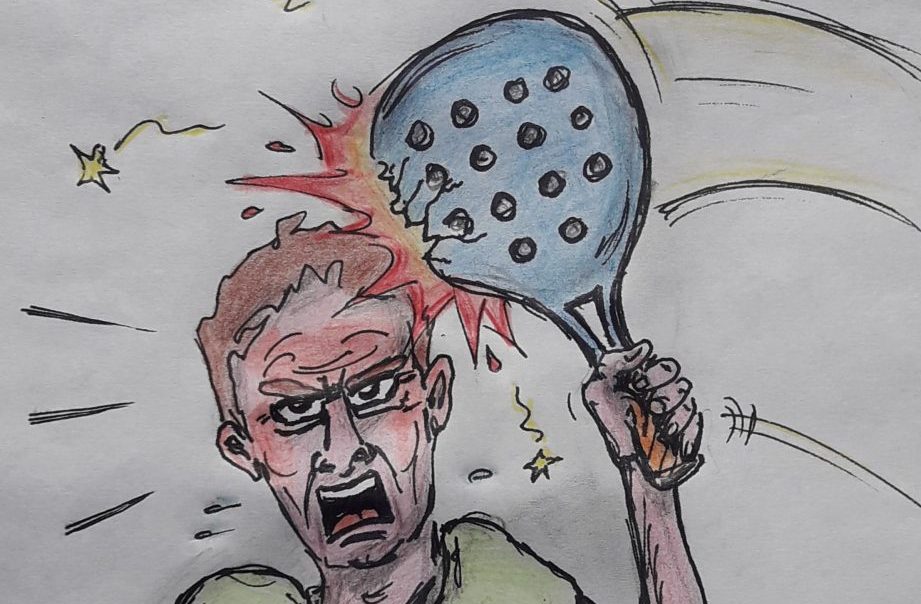 Don't play with a cracked or broken racket, your body will thank you!
Don't play with a cracked or broken racket, your body will thank you! Michel Cymes: “The padel, physically, it’s serious!”
Michel Cymes: “The padel, physically, it’s serious!”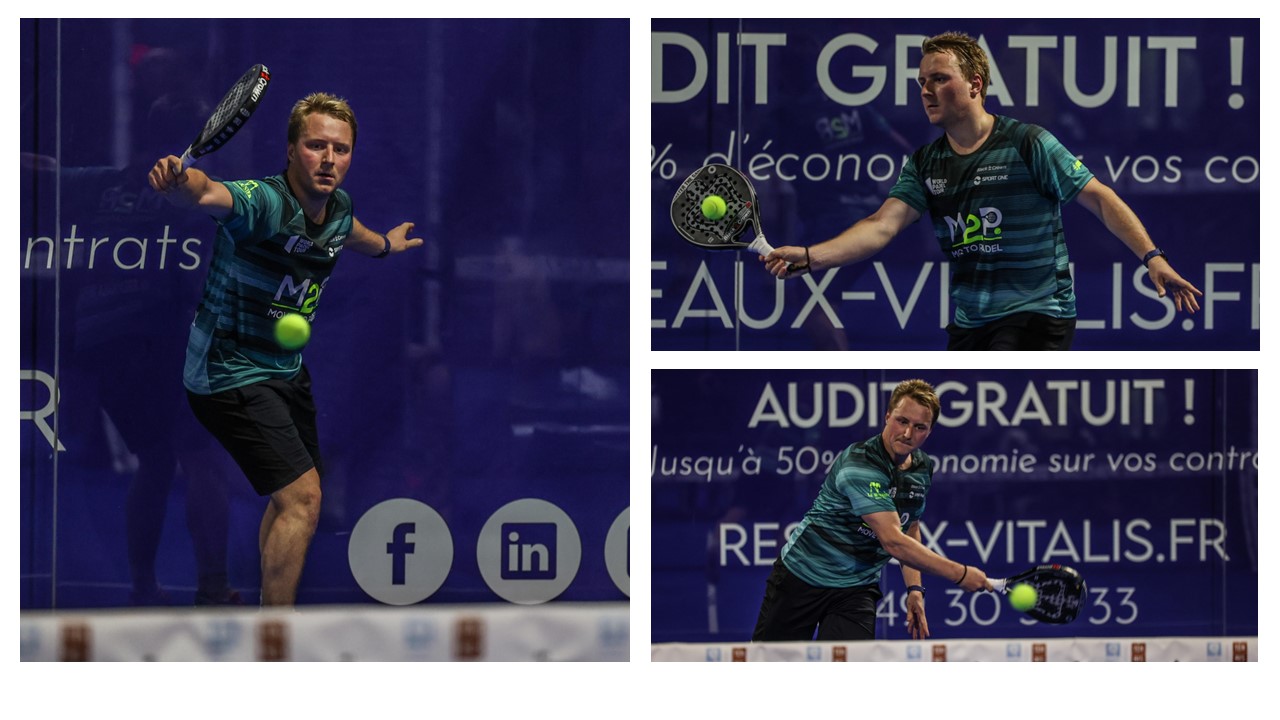 Jeremy Gala: “Promote the padel among young people in Belgium remains a challenge”
Jeremy Gala: “Promote the padel among young people in Belgium remains a challenge”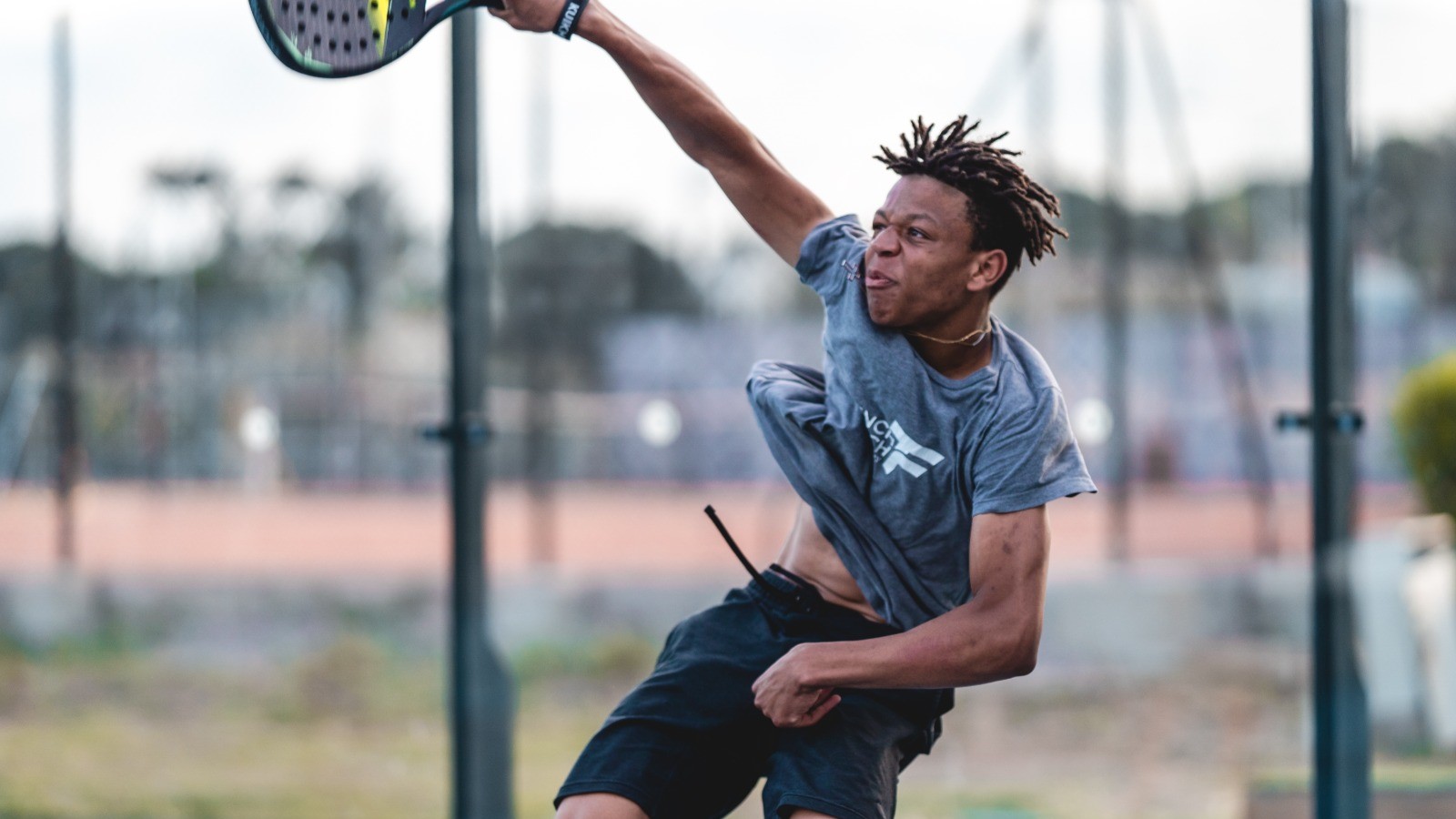 The French Touch Academy organizes its selection day Padel-Study
The French Touch Academy organizes its selection day Padel-Study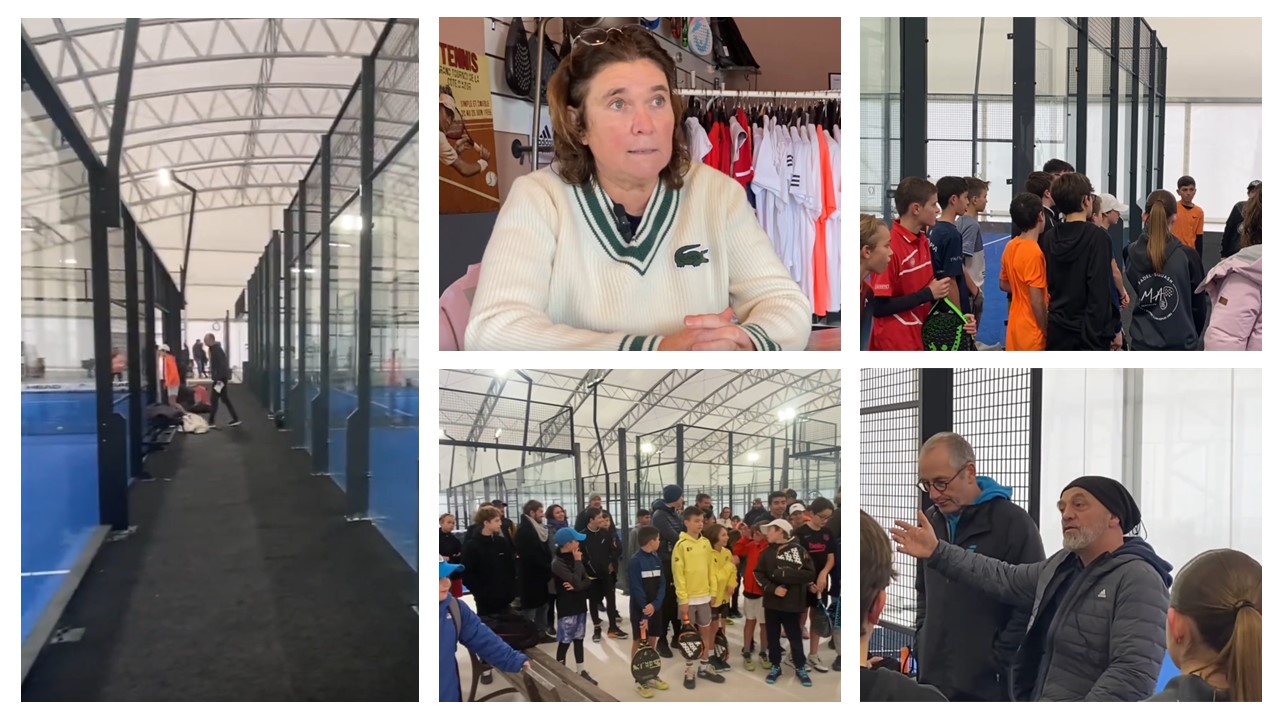 Report on the detection and training of younger generations
Report on the detection and training of younger generations